The changing face of the new working environment
Health and Wellbeing: Skilfully navigating the post-Covid workplace
Economy: Outlook by NZ Institute of Economic Research (NZIER)

The delicate balance of the new work environment

The changing face of the new working environment
Health and Wellbeing: Skilfully navigating the post-Covid workplace
Economy: Outlook by NZ Institute of Economic Research (NZIER)

The delicate balance of the new work environment
who arrive home with an illness were visiting places they' ve lived or worked before? Usually, following a visit to see friends or relatives ( VFR Travel), or visiting colleagues for business Here's our advice on planning your big trip
Five reasons to visit our travel clinic before you go

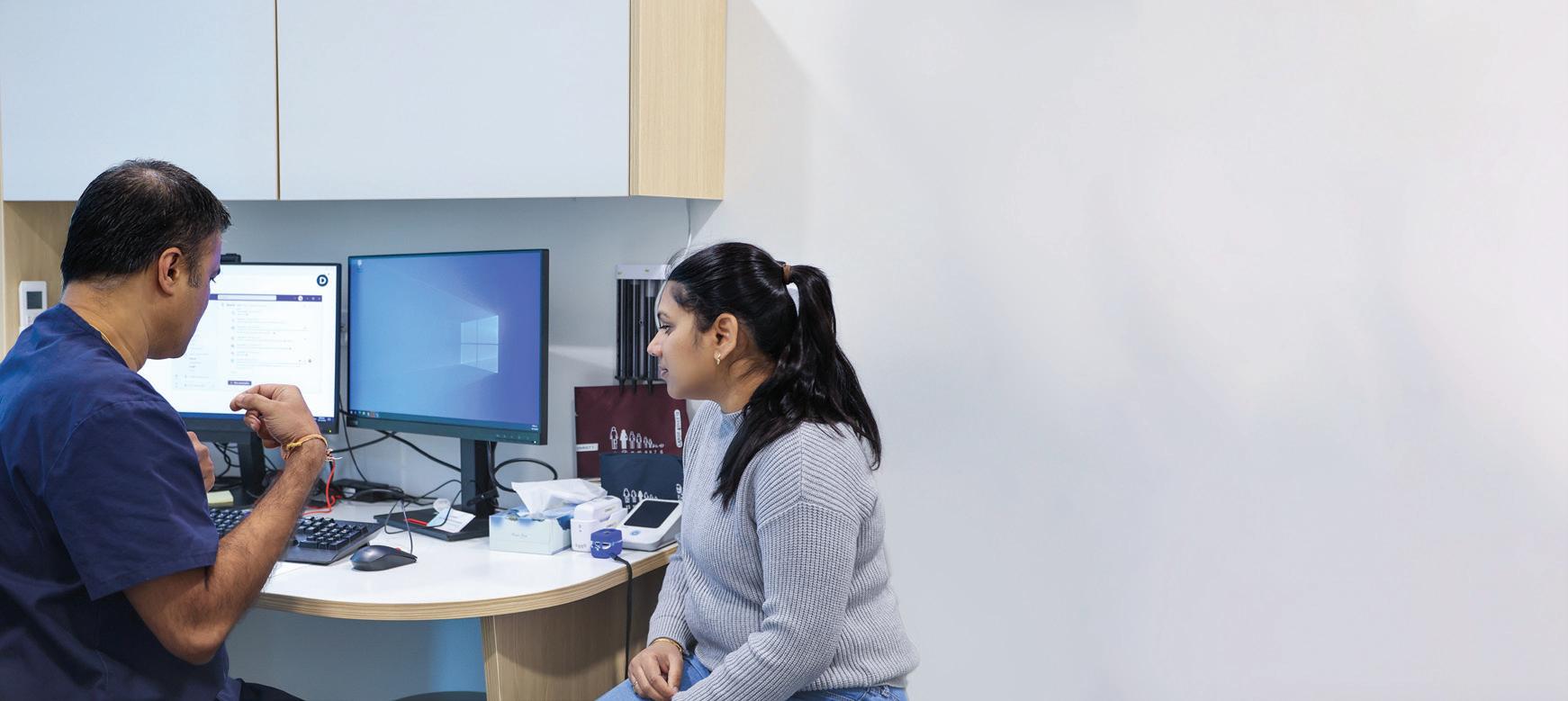
I t's normal to feel extra cautious about travelling abroad since Covid. Our Highbrook GPs can give you medical advice for safe travel, including:
1. 2. 3. 4. 5.
Travel vaccinations for your destination (including updates on local Covid requirements and treating Covid while overseas).
Updates on disease outbreaks
bug repellents are a must, and we prescribe travel meds like appropriate anti-malarial pills. These may change by region. Planning a well-equipped travel kit, including prescribed travel medicines. i.e. Pills to control vomiting and diarrhoea or altitude sick ness.
Suppor ting chronic condition care, ie. Diabetes. Get helpful tips, like how much insulin to carr y for your entire trip
Why does travelling overseas to see friends and relatives have a greater risk of illness?
Travelling to somewhere familiar seems safe. But, VFR Travellers are at greater risk of illness than tourists This is because you might:
mix more closely with locals or colleagues. stay in local housing rather than commercial accommodation. remain longer than a tourist visiting an area. consume local water when the supply is not as safe as bottled water.
immunity you had in the past will be far less if you have been away for some time.
Vaccinations may have lapsed. Protection against Hepatitis A and typhoid is essential, especially for kids. They’re common in Asia, South America and Africa. Check your team and /or family are up to date with their immunizations.
our Medical exper ts
Travel insurance: include adequate Medical insurance in your polic y
Regular medications: Stock up on regularly prescribed medications (i.e. inhalers) in case of travel delays Carr y copies of prescriptions and keep medicines in original packets.
Take a GP letter if you're carr ying equipment to monitor conditions like Diabetes This includes supplies of needles, syringes and devices like continuous glucose monitors or insulin pumps.
transpor ting your medications at the right temperature in insulated cooler bags
Plan to see us 6 – 8 weeks before you travel so
Look ing for a doctor to contac t at your destination if your condition requires monitoring? We can help.
Insec t repellent: Get an EPA recommended produc t which contains at least 20% DEE T to protect against bug bites Throw in an antihistamine cream to treat bites
Nausea & Vomiting meds: We prescribe Anti-nausea pills to stop vomiting or help with motion sick ness Buy medication for diarrhoea at your pharmac y or ask us for a prescription.
Re hydration sachets: these help stabilize electrolytes lost
Sunblock: Choose one that meets NZ's SPF and broad-spectrum requirements. Pack hand sanitizer to use before eating
Do make an appointment. Also, our Mobile Health Unit can visit your team too. Call us on (09) 273 4876.
31 Highbrook Drive, Highbrook, Auck land, 2013 (09) 273 4876 highbrookmedical.co.nz

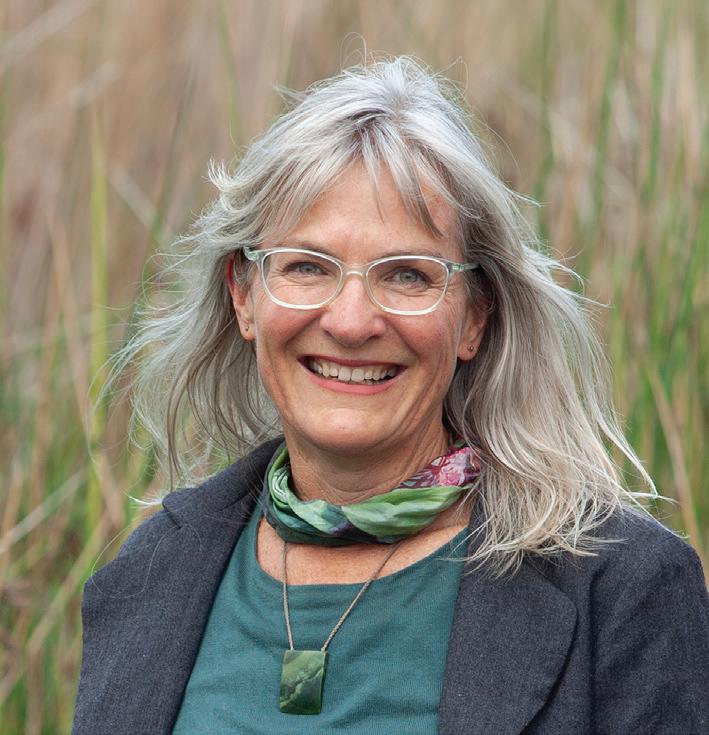









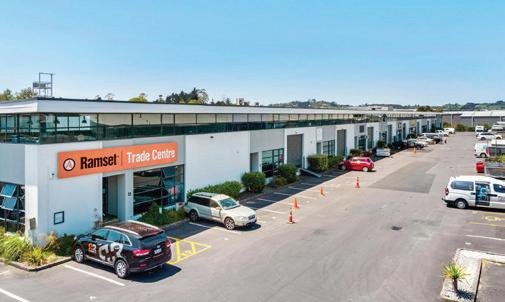
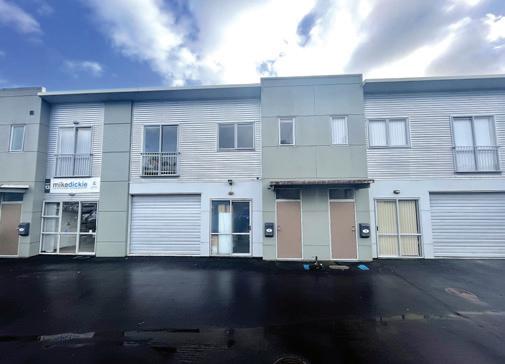
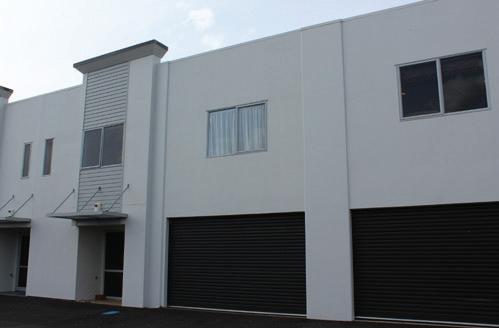

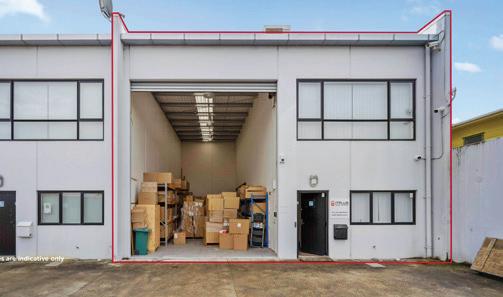
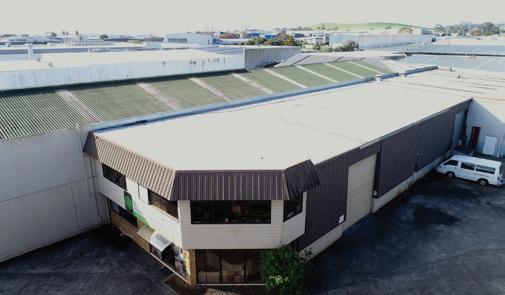



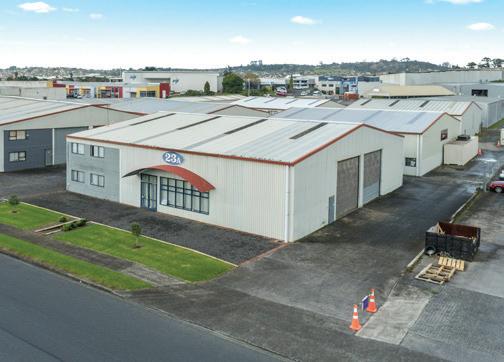




Welcome to the Summer edition of Business in East Tāmaki, where we look at the changing face of the working environment. There’s not a single business operator in any sphere that isn’t having difficulty recruiting staff and holding on to people, in what has become a very tight employment market in Aotearoa New Zealand. Issues like immigration settings and how to recruit and retain staff, as well as hybrid work arrangements and how to adapt company cultures in remote working environments are the focus of this quarter’s magazine.
Our recent Breakfast meeting with Christopher Luxon was very well-supported, and we heard from the National Party’s spokesperson on Immigration, Erica Stanford, about what they would do to change the flow of workers coming into the market, their view on “urgency” and how quickly the levers for change in immigration could be adjusted, but the reality is … we just can’t wait a year. Also in this issue, we have an update from Malcolm Pacific on immigration and impending changes.
In addition to how our new working from home hybrid models change work place culture, there are impacts on building design and space requirements. We cover these, and the ways managers can work to re-ignite workplaces to compete for employees and enhance retention. We also consider how performance management has to change to meet these new challenges.
Enjoy your read this issue, as we look at the tug of war between low unemployment, low immigration, flexible working and a more demanding, less available workforce.
As the calendar year approaches an end, I would like to take the opportunity to wish you all well for the holidays and all the best Business in East Tāmaki for the upcoming new year.
Chairman, Business East Tāmaki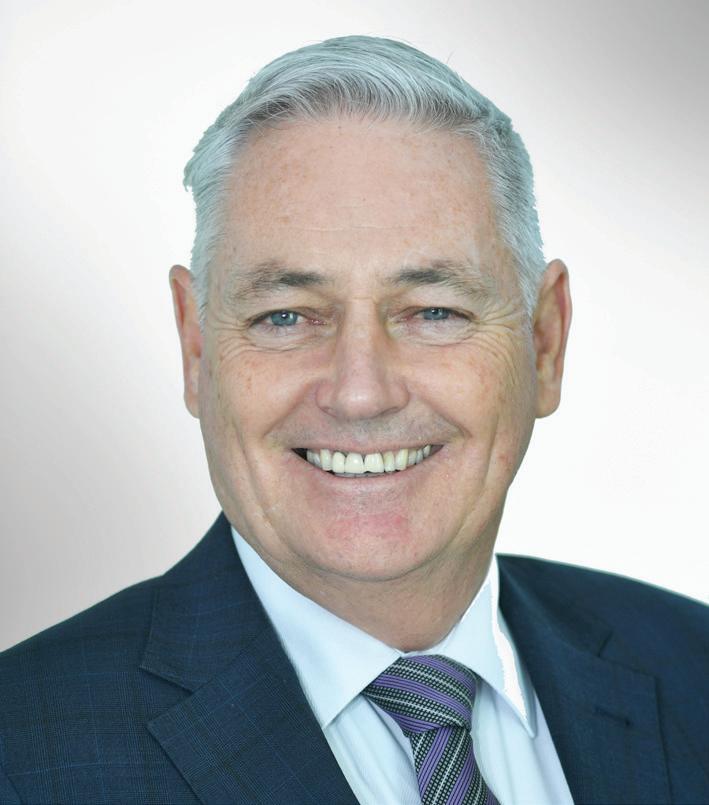
This event was sponsored by enable.me
“I feel incredibly optimistic about New Zealand. It’s the best country on earth with tremendous unrealised potential; economically, socially, environmentally,” said Christopher Luxon in his opening comments.
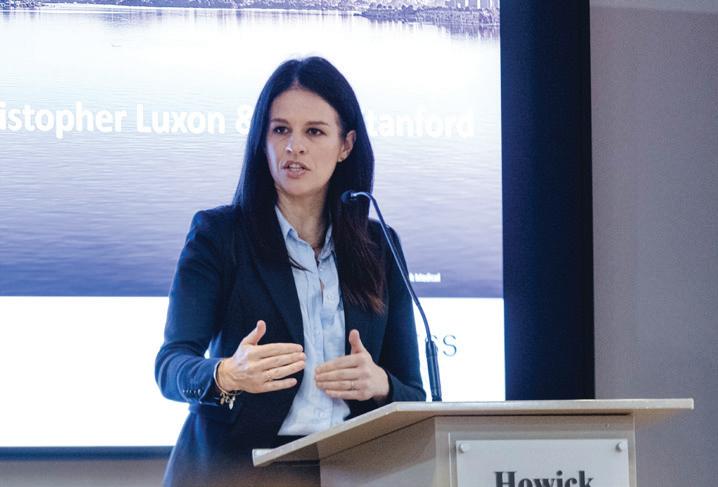
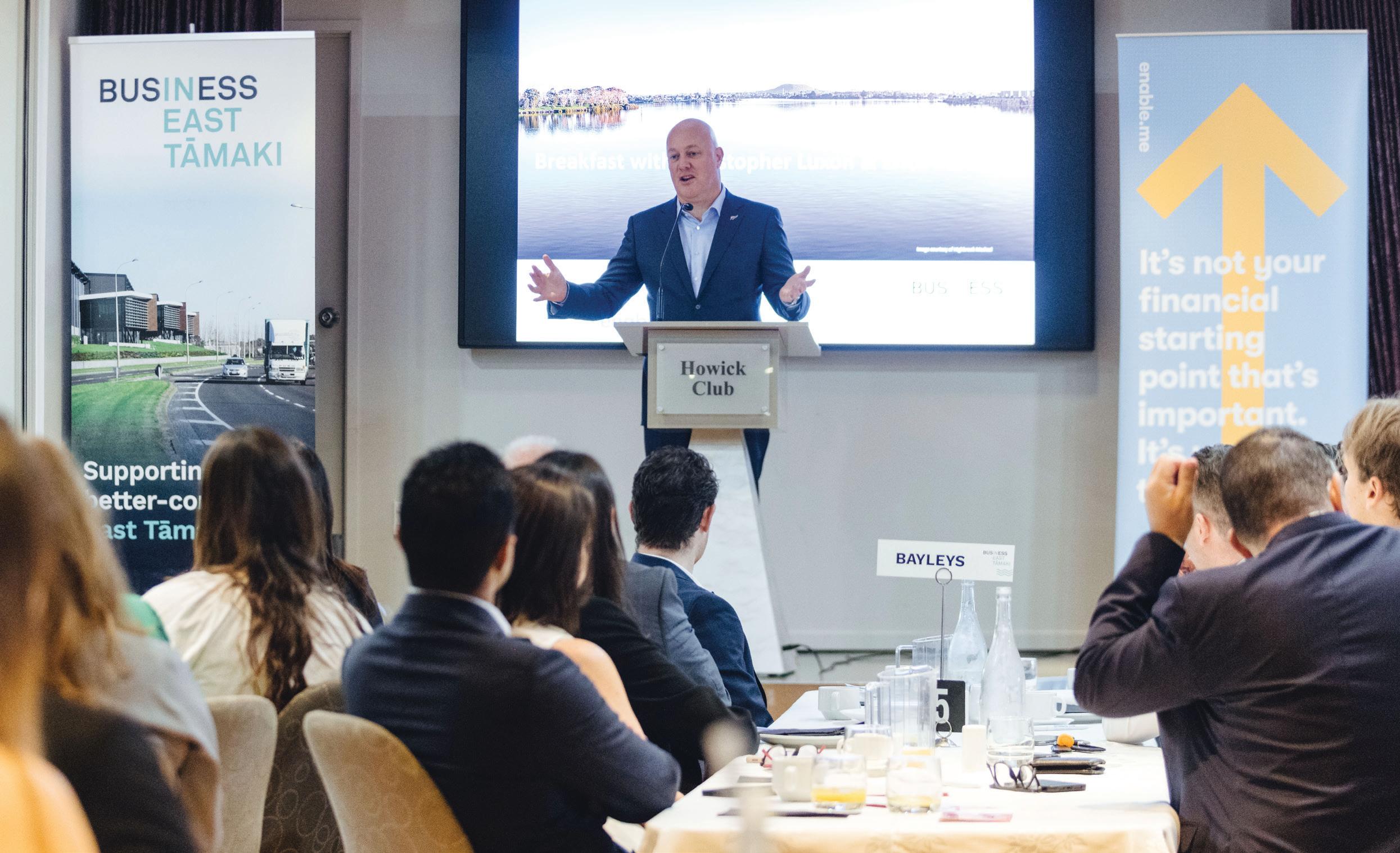
He went on to outline the main focal points:
Economic policy - Focus economic policies on improving productivity – how do we get more wealth, higher wages and salaries for all of us, and lift the floor economically.
Social investment - Use data to make powerful targeted interventions in vulnerable people’s lives, to actually make an impact and change the trajectory of where they’re going, instead of giving them welfare benefits.
Climate - Focused on, and deeply committed to, Net Carbon Zero by 2050.
Less central government control - Less central government control. Talk to the business sectors, engage with the community organisations and “power them up” to do the job themselves.
Education - Develop a world-class education system. Currently, 55% of children are not going to school regularly, and 100,000 are chronically absent. Academic achievement has slipped. Get children back into school, invest in the basics.
Investment in infrastructure - The Waikato Expressway is a great example of working infrastructure, with economic, social and environmental benefits.
Research and development in Tech and Agriculture - New Zealand already has a great tech sector and we need to use it more, for example in agriculture and business.
Business-friendly environment - Less red-tape regulation. Businesses need to operate in a more business-friendly and positive environment.
International connections - Develop our connections with the rest of the world.
Erica Stanford said that the sense of frustration among business owners in our country is really concerning. “Reserve Bank Governor, Adrian Orr, recently said the tight labour market was the biggest constraint on business in New Zealand. It’s pushing up wages and adding to our cost of living.”
She explained that immigration has to be a vital part of our future, because the birth rate is decreasing and the ageing population is increasing. She says the Government’s 2018 immigration policy is no longer valid in these post-Covid times. “Every single country in the world is vying for the same people – there’s huge competition for skilled labour.”
“We need to change immigration settings so they’re less complicated and easier, and we need an ease of pathway for residency.” She says in the sectors where there’s massive shortages, we should be copying Australia’s current immigration solution; granting Temporary Skill Shortage visas, enabling people to come into the country, find a job, and then go on to apply for permanent residency.
She says, although they can “pull all the levers” to change the immigration settings, it will be harder to change Immigration New Zealand. “We need to use private immigration agents more to get visas processed,” she says.

At October’s AGM we farewelled and thanked long-standing committee member, David Lindsay, and we welcomed new member, Cozy Tsui, into the role.
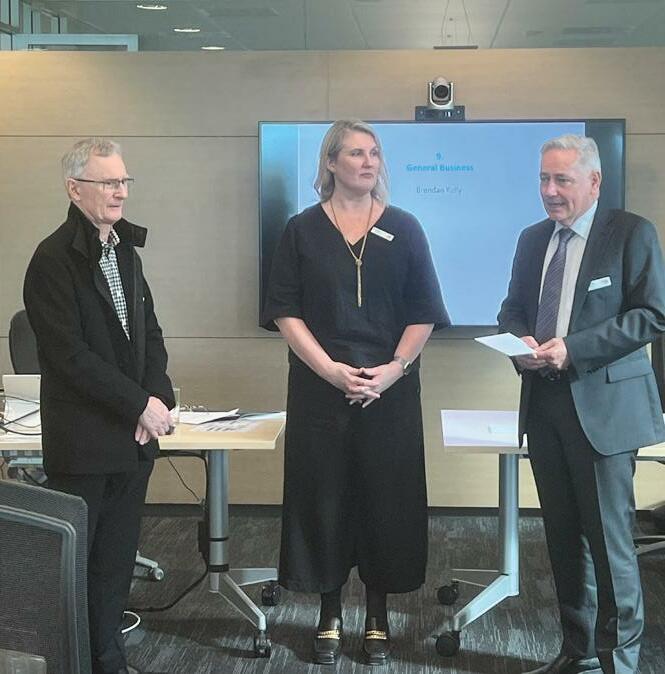

David, who operated his own accountancy practice in the area for 20 years, was on the committee for 15 years, being Treasurer of Business East Tāmaki (formerly GETBA) for about five years, and a regular committee member for the next 10.
“Many improvements have been made in East Tāmaki over the years, that were attributable to GETBA, now Business East Tāmaki. It is with regret that I am not standing again, but need to devote more time to my work with a Charitable Trust that cares for those with mental health issues,” says David.


New member, Cozy Tsui, is the owner and director of Topland New Zealand Limited, a planning and investment consultancy based at Laidlaw Park in East Tāmaki. Topland has been involved in hundreds of projects, ranging from residential development to commercial resource consent, covering the whole of Tāmaki Makaurau.
Cozy says that as the New Zealand population continues growing, the challenges from climate change, housing, commuting and transportation are unquestionable. “It’s awesome that Business East Tāmaki provides a well-established platform for all business owners and property investors/owners in East Tāmaki, to think about our future environment and to work collaboratively for a better community. I’m very keen to be part of this community and hope to make a valuable contribution,” he says.
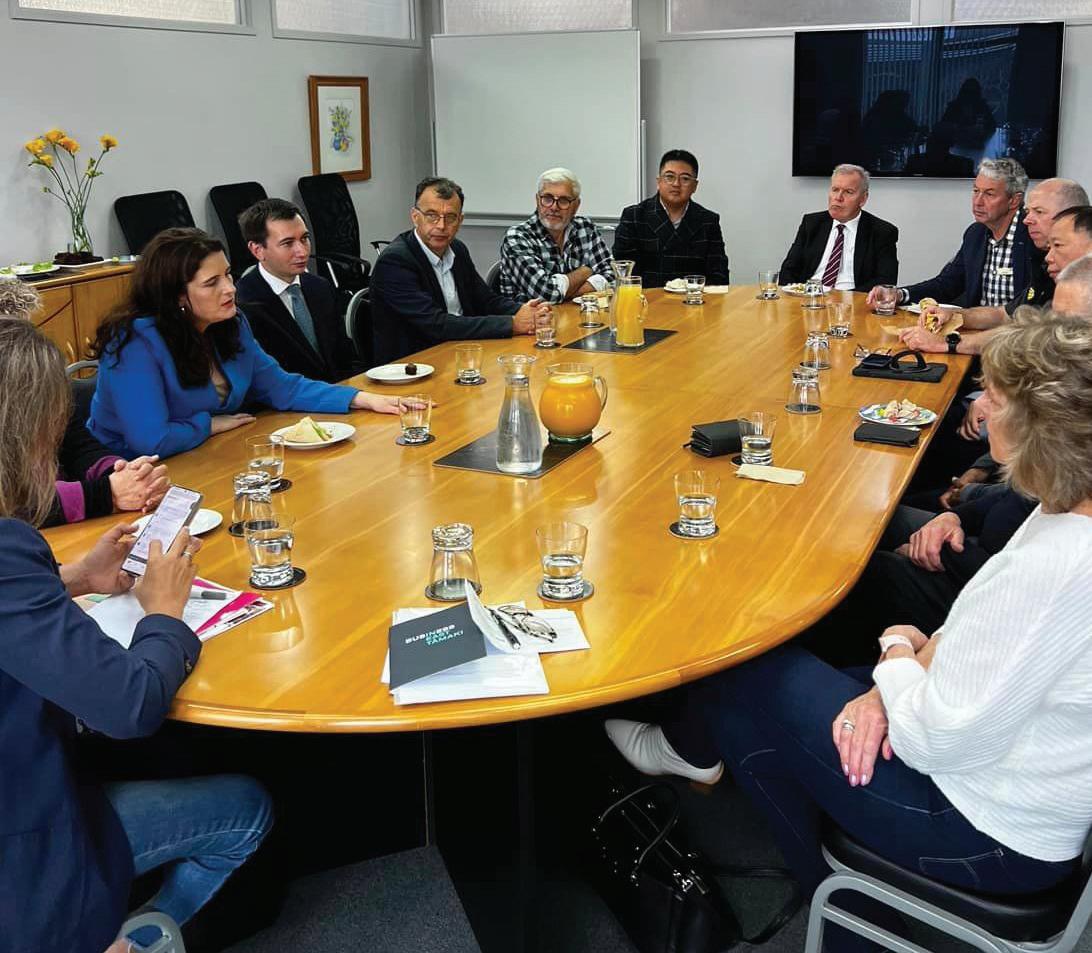
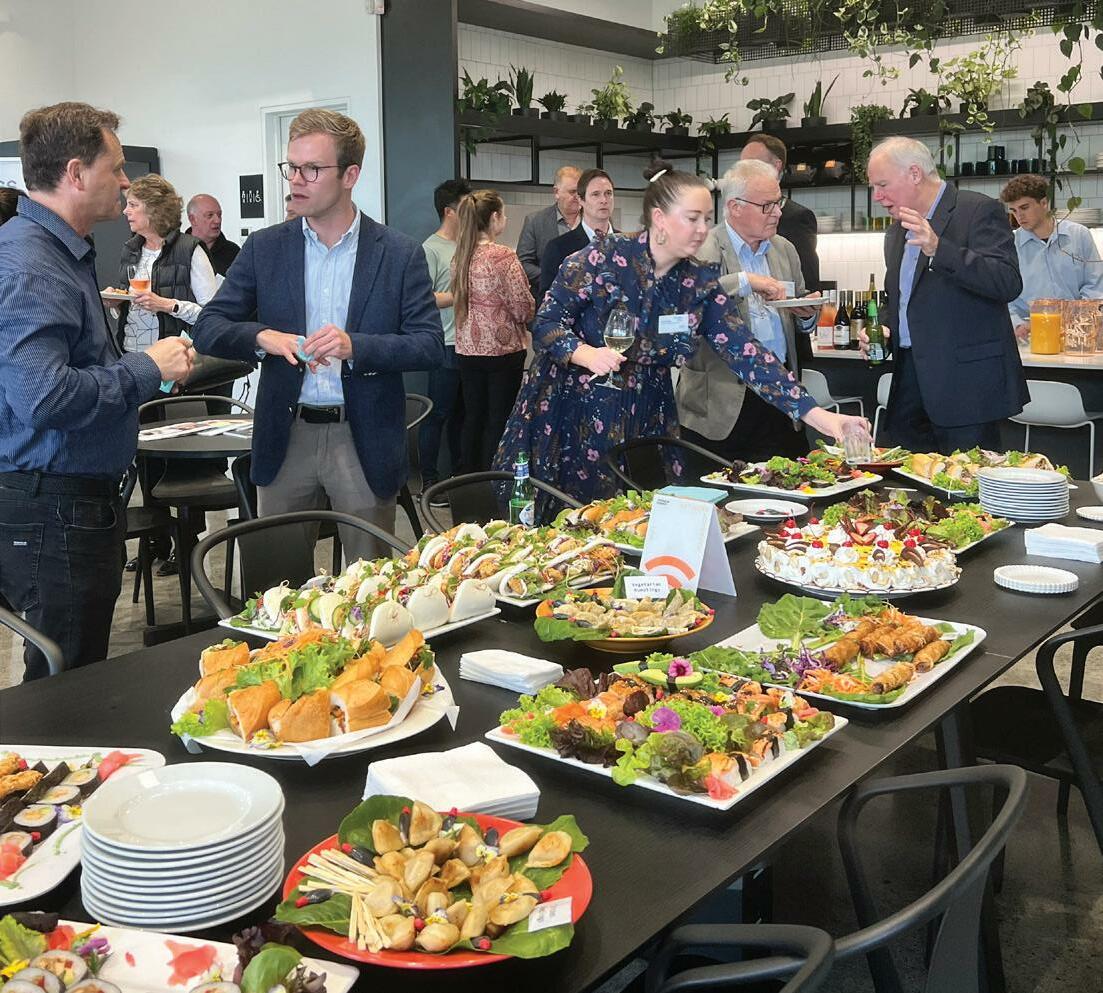
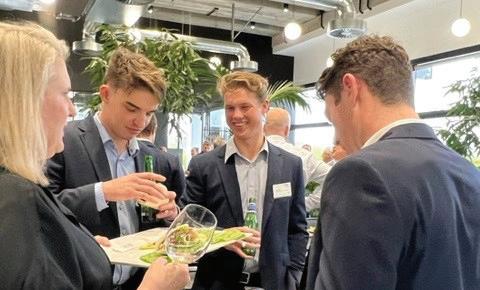
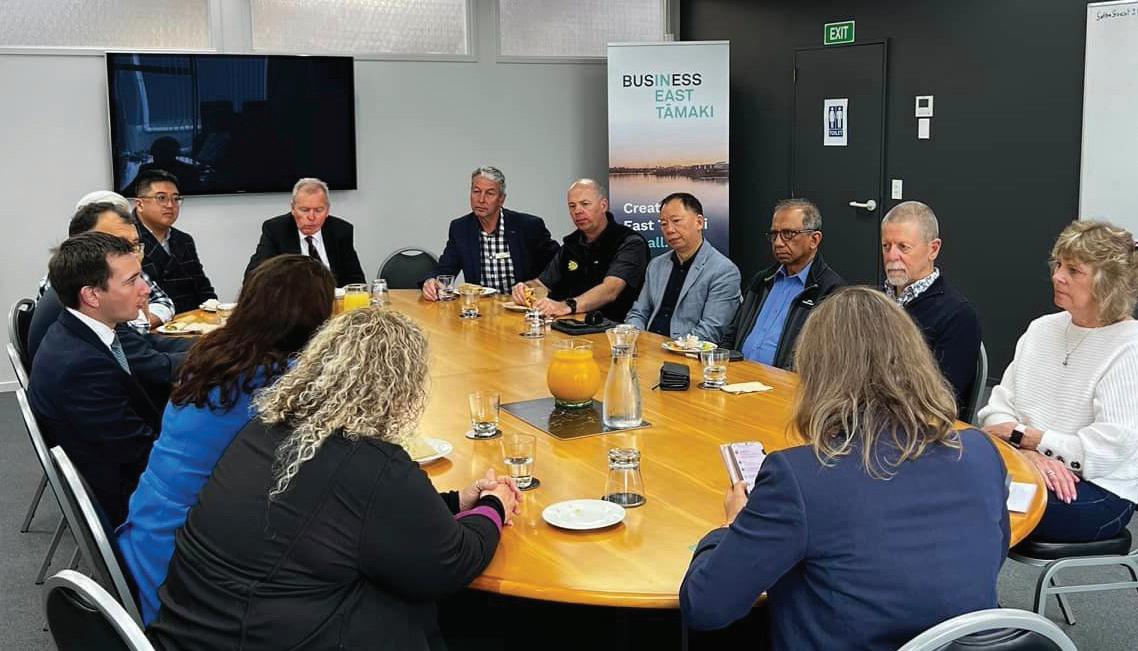

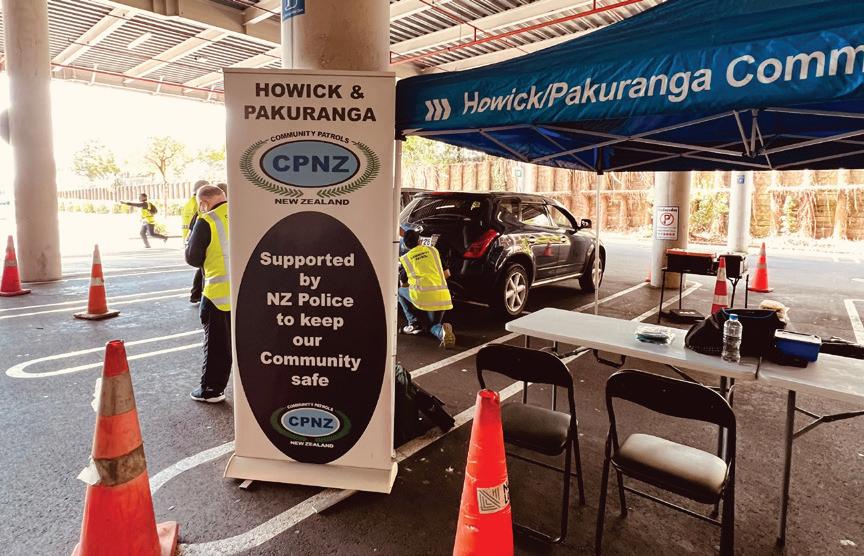
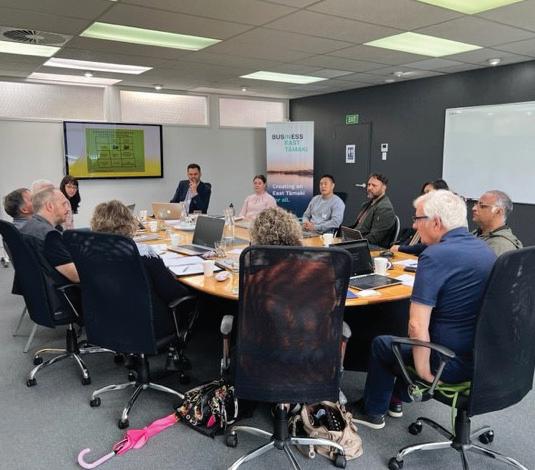
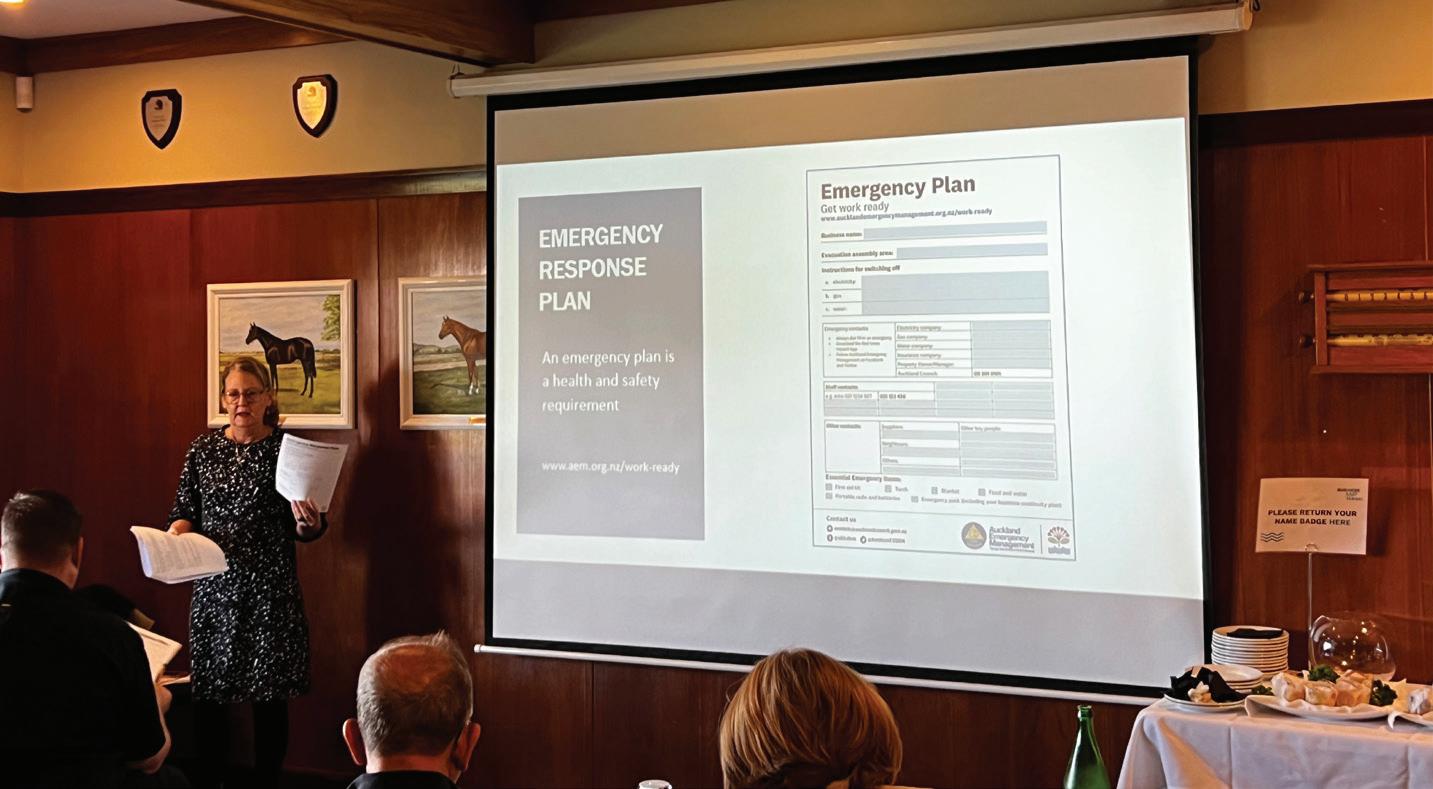
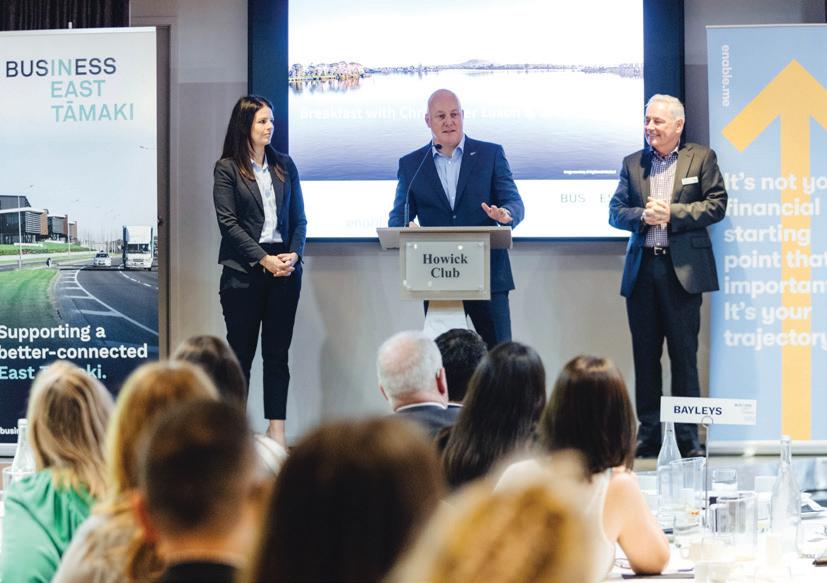
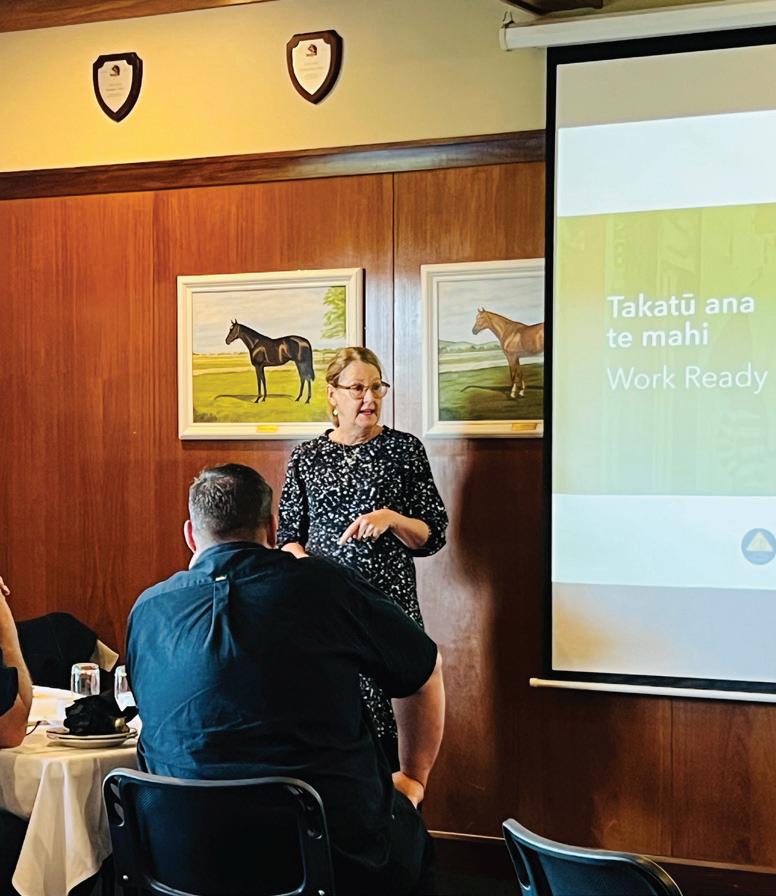

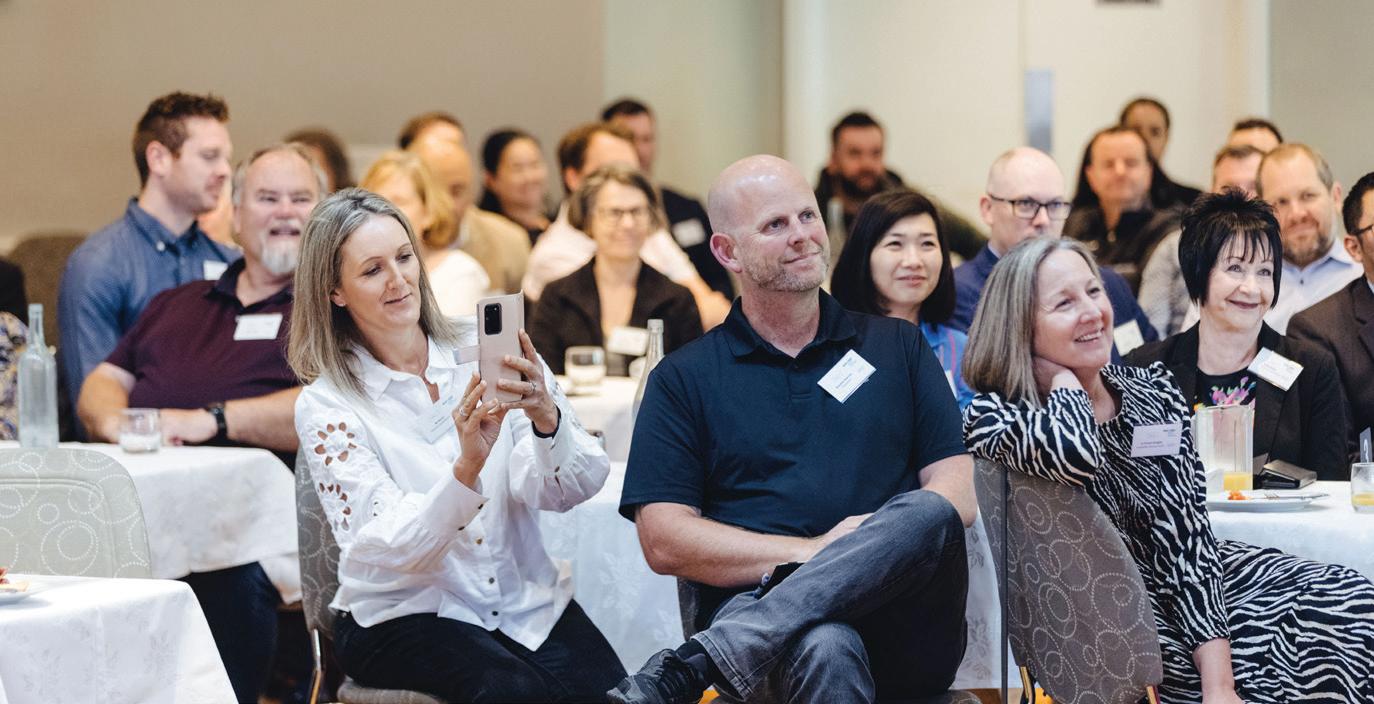
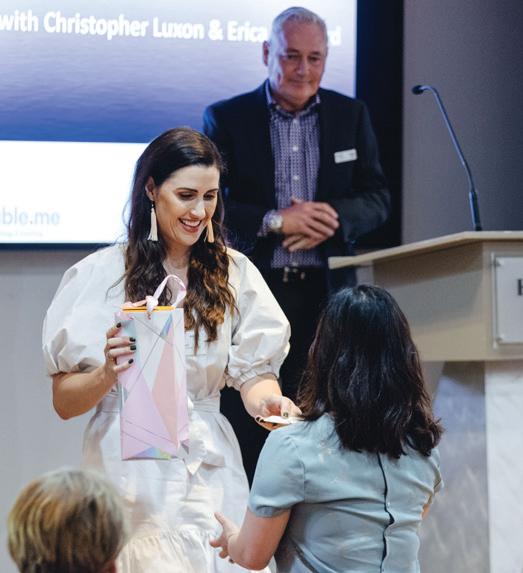
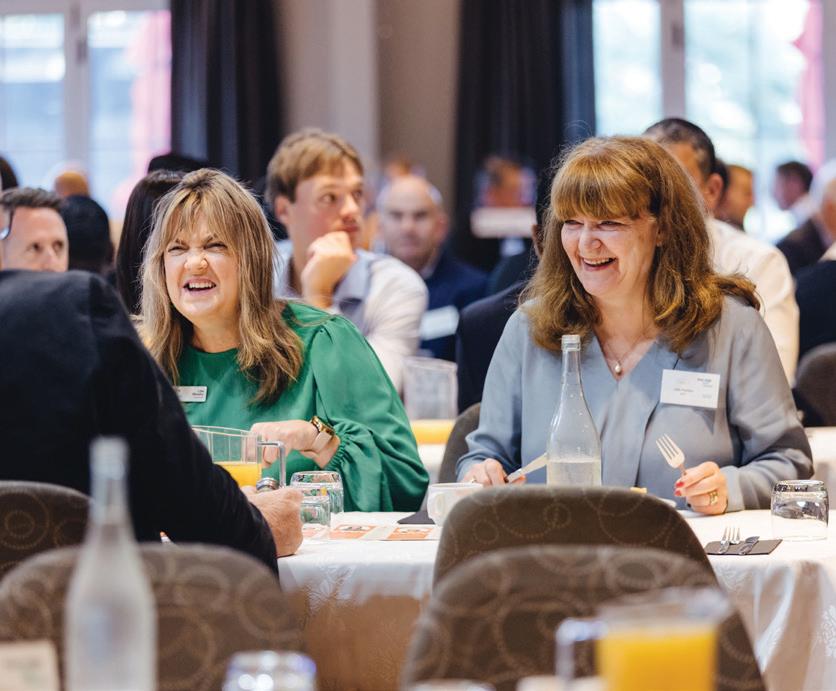

It’s tough managing the return to the office while also enabling employees the flexibility to which they've become accustomed through two years in and out of lockdown, especially when you're extremely mindful of the labour shortage and the need to retain your employees.
For me, it comes down to the purpose of the role the employee is hired to do. In my team, they're mostly customer-facing and acquisition roles, where they need to be building professional connections, or they’re with customers, working with them to achieve their business ambitions. If they're not ‘in market’ and spend more time working from home, they'll struggle to be successful in their role, and they may find they miss out on being exposed to other opportunities within the organisation that’ll help them progress in their career.
There is a place for quiet time, to crank through some admin that inevitably comes with banking roles, so the importance for the employer to remain flexible on when to work from home is the priority.

The other element mostly overlooked by the employees themselves is the collaboration, the ‘bump culture’ and the informal coaching and development that doesn't happen if people are working from home. This was evident in some of our new starters, who began their roles during one of the many lockdowns. They're now getting up to speed, but in some instances that has set them back with up to six months of progress.
As leaders, we need to do all we can to create an environment where employees see the value of coming into the office. Create fun, create learning and growth opportunities, and people will come.
Overall, team cultures thrive on people being together and the more you can create a sense of belonging to a team and to an organisation, the less likely people are to want to leave.
So, the verdict might be out for many, but I firmly believe that getting people back together to learn, grow and be the best at serving their customers brilliantly is the right thing for our business.
Our team is back and open for business, so feel free to pop in and say gidday at our BNZ Highbrook Partners Centre, Level 1, 86 Highbrook Drive. See you soon!
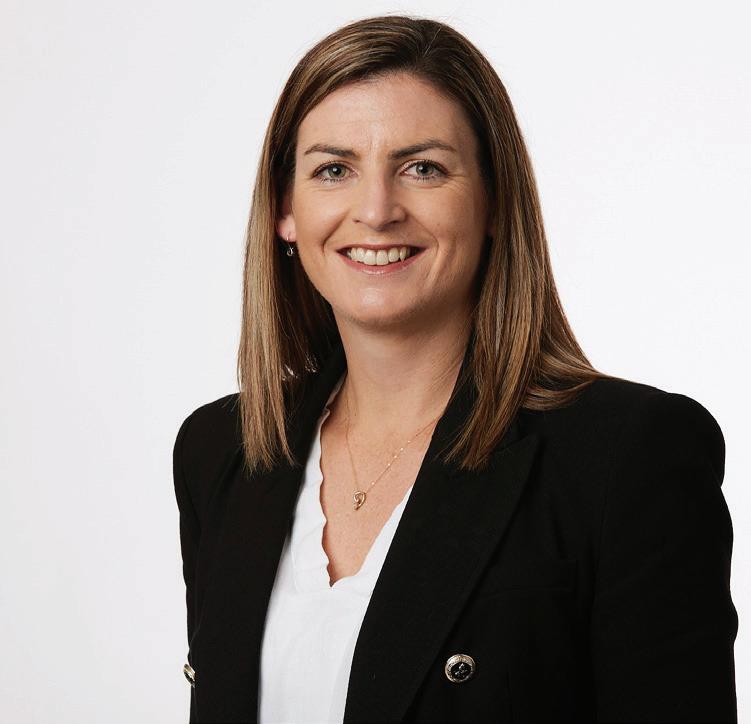
Johnson Corner Highbrook’s CEO Adnan Belushi talks about new ways office space is being used post-pandemic.
“A recent report by real estate experts JLL on the changing nature of office spaces found that 56% of surveyed senior HR professionals were planning to undertake a renovation or refit of their offices in the coming year to accommodate new ways of working. The report asks the question: does the office still have a place in this new world of working?” (Sarah Brooke – Freerange Works)
Adnan Belushi knows the answer to that question – yes, the office will still have a place but in a completely different way. He’s the founder and CEO of Highbrook’s flexible office space, Johnson Corner, and explains the global experiment of working-from-home has created demand for a new kind of office space which he defines as “the hospitality-driven workplace”.
He says what this means is that to better engage, retain and attract employees, corporates need to take lessons from the hospitality sector, viewing employees as valued guests. By providing a highquality flexible workspace, great employee experience and purposeful in-person gatherings, organisations can create a new sense of purpose for the workplace.
Adnan says that since opening Johnson Corner at Highbrook Business Park in June this year, corporates all across the Park have embraced the new trend by taking on memberships for work lounges, private offices for project or satellite teams, and booking their meeting and event spaces. This reflects the growing trend of
“Johnson Corner Highbrook has the amenities and services employees come to expect today that traditional offices are not designed to offer. We also have a concierge service supporting workers with their everyday workplace experience,“ says Adnan.
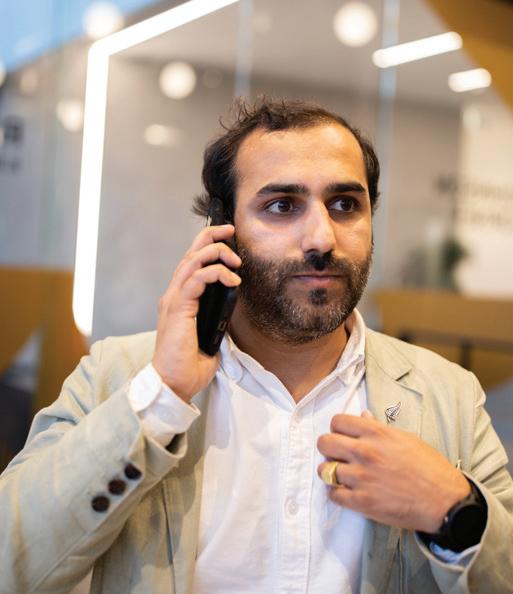
With low vacancies for high quality, green-star-rated workspaces, uncertainty around fit-out costs, and completion delays, he says businesses who may not have previously considered flexible spaces are now considering a move into a fully fitted-out office with no upfront capital and better employee experience. “When businesses experience our spaces, they see the value immediately due to the changes in workplace expectations”.
Located on the ground floor of Wynyard Wood House at 60 Highbrook Drive, Johnson Corner consists of two spaces. One, designed with private office suites, and the other designed with work lounges with a café-style kitchen designed for collaborative working, and meeting spaces for teams of three to 16.
“Pre-Covid, there were a lot of trends around how people wanted to use the office space but now, post-Covid, we are seeing businesses and their employees use the office spaces differently. Their workday routines are more fluid which creates demand for a workspace that can be personalised at an individual and team level.”
Johnson Corner is a New Zealand-owned operator that has been operating flexible workspaces since 2018 and its recent partnership with Goodman saw them launch a new site at Highbrook. There are plans to expand its operations nationwide and become a leader in providing hospitality-driven flexible workspaces.

“The new Highbrook site is a great addition to the already amenityrich Highbrook Business Park. We are glad that everyone is enjoying the space, amenities, and service, and I look forward to supporting businesses and their employees embrace new ways of working in this decade”.

“Covid has catapulted people into a new space entirely,” says Kylee Dale, consultant at HR specialist company, Freerange Works. She should know; she’s part of a passionate team advising and working with businesses around flexible working policies, culture change, leadership development, recruitment and performance management.
Kylee, who has more than 15 years of HR generalist experience, explains that many businesses want to implement a flexible working policy, but are unsure of where to start. “We’re working with businesses to engage with their team members, so everybody understands what it takes to make it work, and then we help them to implement it,” she says.
Kylee says she has recently worked with professional services client RSM New Zealand, based at Highbrook, which has successfully implemented a flexi-working policy. (See the article opposite for more details.)
“It’s the choice that people want. It’s not necessarily one end of the spectrum where it’s all remote working. It’s having the freedom to do their job at a time, place, and in a way that helps them work more effectively, and better balance their life and work.”
“A business can pay lip-service to the idea of flexible working but not be fully committed”, says Sarah Brooke, Co-Founder of Freerange Works. “We assess the flex of your workplace against a mix of criteria, including compliance with the Employment Relations Act 2000 specifically in respect to flexible working arrangements, and integration across the employee lifecycle,” she says. “If there’s adjustments to be made, support is provided. Once you meet the criteria, you’ll receive the Freerange
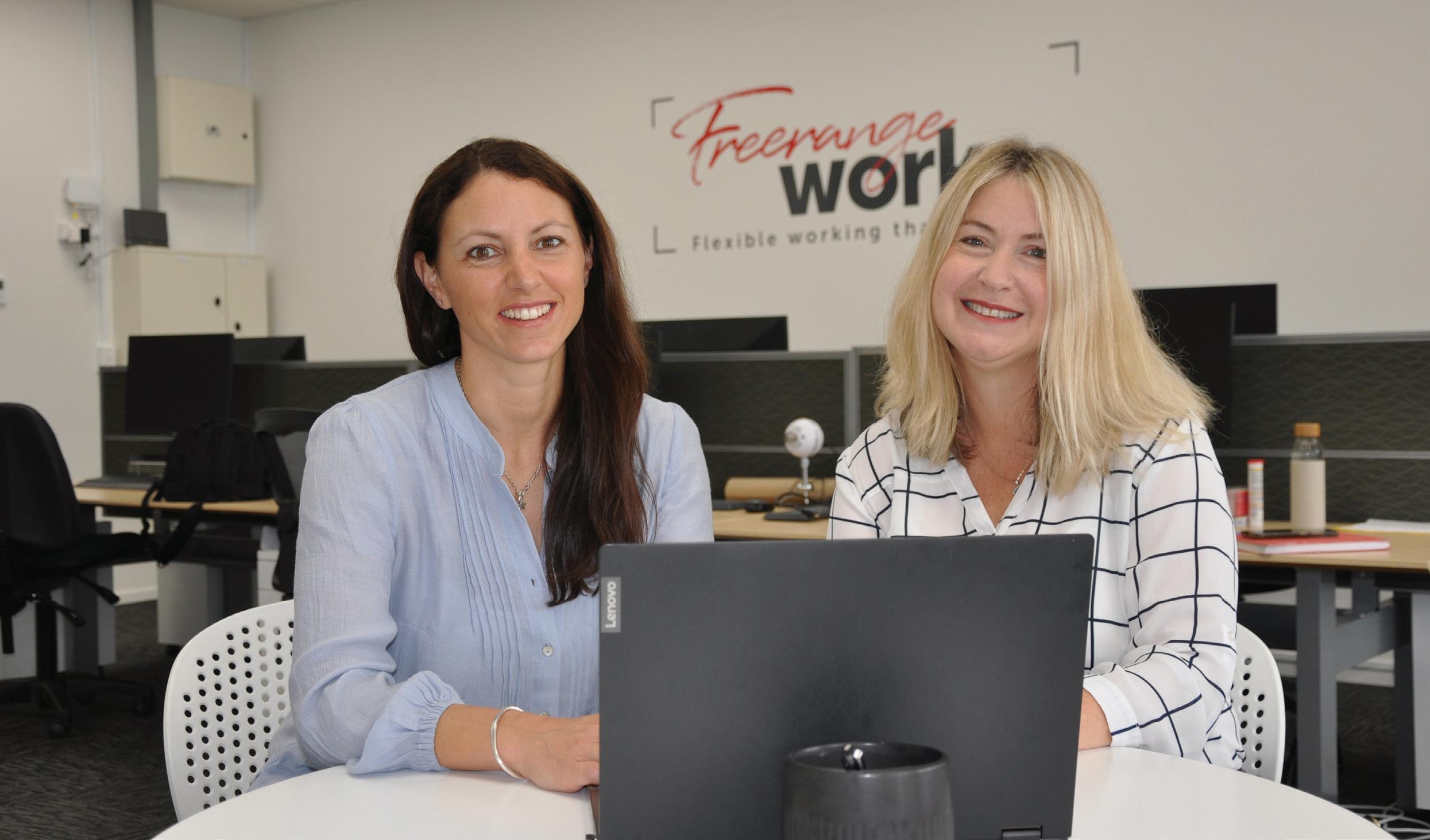
“More often than not, when we’re going into an entire workplace with flexible working, we’ll do it through a policy introduction and a flexible work agreement that sits alongside it – and we’ll review it after around three months. That enables the employer to manage what the workplace needs, whilst managing the flexibility and choice that people want. Policies are good because you can amend them with relative ease, and it enables the employer to collaborate with people," says Kylee.
•
An employee can formally apply for flexible working, either on a short-term or long-term basis, and the employer must consider this request and formally respond with a set timeframe.
The Fair Pay Agreements (FPA) legislation comes into effect on 1st December, and could affect an employee’s ability to negotiate a flexible work agreement in their employment agreement. The FPA enables collective bargaining across entire industries or occupations, rather than just between unions and employers. (See page 20 for more information on FPAs)
If an employer is providing flexible working arrangements, such as a nine-day fortnight, they must remain compliant with this Act, so we suggest working this out in advance and documenting this as part of the flexible working terms.
“With flexible working, you operate in a high-trust environment. So if an employee’s outputs are low, that drives a conversation, such as, ‘what are you delivering and how does that add value to the business?’. It’s a healthy conversation to have. It’s just making sure the employee is clear on what’s expected of them,” says Kylee.
We talk to Ben Cooper about what he thinks is important for younger Millennials and Gen Zs in the workplace environment. Ben is a Principal at accounting and tax consultants, RSM New Zealand, based at Highbrook. He is also part of HYP (Highbrook Young Professionals), a social group connecting the next generation of forward-thinkers and world-shapers working in the business district of Highbrook and surrounding areas.

Ben started at RSM New Zealand when he was in his 20’s, and says what attracted him was the company’s ethos of a work-life balance - its development programme was also a plus. “It was quite a tight-knit family and very welcoming. And the development programme took me through my studies and has given me the opportunity for progression within the company,” he says.
What was important then is still important now, with pay continuing to be the No 1 driver, alongside professional development and a good company culture. But some concerns have changed. “Environment, mental health, social governance and flexibility are at the forefront. There’s more to it than just salaries. It’s wise for employers to listen to what people want instead of just sitting back.”
“We’ve created a lovely office which is an open, engaging, comfortable environment to work in. Even with the options to work from home, we encourage people to use it as much as possible. We also have team building outside work with a social club, day trips, speakers, mental health and mindfulness events. It’s all about connecting people really.”
Post-Covid, RSM carried out surveys and workshops to listen to employees and find out what would work for them. The goal was to offer as much flexibility as possible, while ensuring the adopted structure works for all key stakeholders (the clients, business and the RSM team).

• Regular designated Work From Home (WFH) days - up to two per week excluding ‘Anchor Days’ - Tuesday and Thursday - all employees are required to work in the office unless it is a contractual non-work day.
• Set Core Hours (minimum 5.5 per day) combined with flexi Hours (up to 2 hours per day or up to 10 hours per week). We highlighted the wellbeing aspect of getting sufficient sleep encouraging people to be mindful in a flexi environment.
• Nine-day fortnight - full-time hours worked in a regular pattern of Mon-Fri, Mon-Thur.
“Almost all of our staff have adopted flexi-working in some shape or form. People are loving it,” says Ben. The arrangement allows workplace culture to be maintained but it gives employees the autonomy to choose the way they work.
“Personally, I think that businesses are only at the start of that journey but I think that in the next few years we have to focus on mental health more,” says Ben. He explains that young people are driving it more in the work environment, and there’s already mental health awareness training for RSM’s staff and partners. “It’s important for staff to be able to be comfortable to bring up that sort of stuff.”
“Millennials and Gen Z care more than previous generations about environmental and social responsibility or their employers and so this is a key focus for RSM.”
“Pay is still a major factor for employees, especially with the cost of living and inflation. We constantly assess where we sit in the market to stay ahead with remuneration.”
Craig says although he had run his own IT businesses for many years, he found running GridFree was completely different. “I ran a people-orientated service business, which is only as good as the people in it,” he says. Now he is running a business selling a product which has to stand on its own merit. This also requires upfront capital investment, storage and logistics, which has had its own challenges.
It was a transition for the founders going from being handson to delegating the work as the business grew – and also expecting people to be as passionate as they were about the business. “When it’s your baby, your business – you can’t expect other people to see it like that.”
The story of solar power business, GridFree, is a classic tale of consumer frustration and poor service, and an entrepreneur who resolves to do it himself – and better.
This is what happened in 2018 when GridFree’s founder and director, Craig Simpson, discovered it would cost $90,000 to get his rural lifestyle block connected to the main power grid. So he turned to established solar power companies thinking it would be a much cheaper alternative. But, to his surprise and frustration, not only was he quoted a similar sum of money, when he asked about DIY installation and smaller systems, he found them unresponsive and unhelpful.
Craig knew that if he was having this problem, there must be other off-gridders with the same needs. So, with the help of son Ethan Simpson and colleague Zed Song, they planned to import solar power gear and create a DIY-friendly range of affordable all-in-one Off-Grid Solar Power Kitsets. They have not looked back.
Now, the founding partners run GridFree out of a massive 1,000 sqm warehouse in Smales Road, East Tāmaki. “What started as a sideline is now a multi-million dollar business,” says Craig.
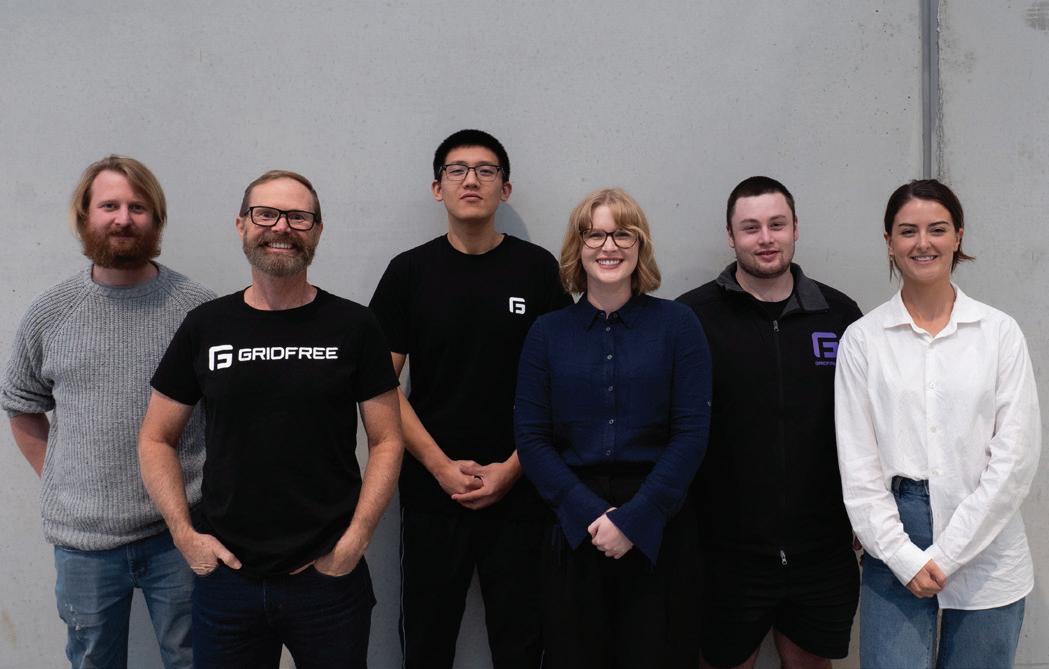
That’s not to say it has all gone smoothly from the beginning. Craig kept his day job while Zed and Ethan ran GridFree out of Craig’s garage and front room in Mount Wellington. He says it took a lot of trial and error to establish what components created the best solution for their customers. “It did help that we could test things at my place up North though!” he laughs.
Their core business remains small DIY solar power kits but now more people are asking for bigger systems and want them installed, so they created a partner network of installers available for these clients.

Like many businesses that import their products from China, GridFree has suffered from delays due to shipping and port constraints. “After six months we were almost completely out of stock and we had 100 back orders to complete." Their main reason for the move to East Tāmaki was to increase the storage space and leverage the capital they had built up to get ahead of the supply situation, rather than just-in-time stockholding.

• Custodians of a culture
GridFree is not just a business - it’s a community. Ethan says there’s a thriving Facebook community, GridFree NZ, with 140k members who regularly share their stories about the lifestyle’s community and culture. Their website (gridfree.store) also has helpful customer stories and videos. ”We’re custodians of a culture,” he says.
One of GridFree’s first customers, Stacey, with his solar power converted ambulance.
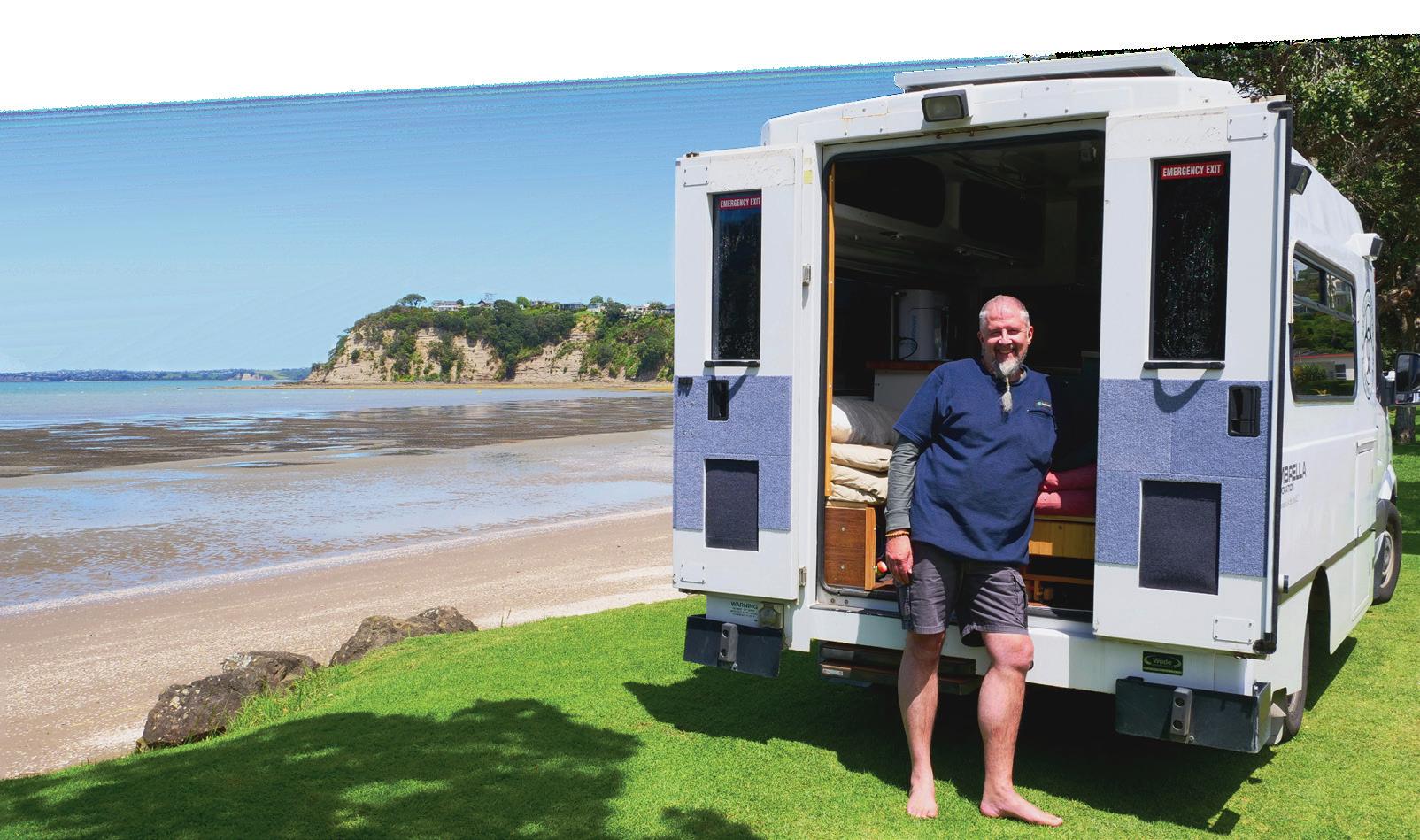
Stand outside Ian Lawler’s wrought iron workshop tucked away in Andromeda Crescent, and you’d be forgiven for thinking that it’s like one of the many industrial workshops scattered around the East Tāmaki area. But step inside and you’re surrounded by an Aladdin’s Cave of beautiful bespoke iron objects, painstakingly crafted by Ian, his dad Ken and blacksmith Vai.
On one workbench sits an enormous burnished copper dome, ready to be transported and fitted onto the roof of its new home. Leaning against another workbench is part of a large, very solid wrought iron gate still being worked on, while overhead and on the walls there’s a myriad of wrought iron chandeliers, light fittings and ornaments.
Wrought Iron Specialists is typical of a small, family-run business where by necessity everyone turns their hand to something else. Ian, who took over running the business from his dad Ken in 2013, divides his time between the office and the workshop. Julie, Ian’s wife, helps with the books and administration, and also gets involved in the ageing, painting and finishing. Ken still remains involved with his 60 years of knowledge and experience, and Vai, who was taught the ancient skill of blacksmithing in Tonga by his grandfather, 55 years ago.
Ian says they work mainly with steel, brass and copper, working on each product to give it an authentic and “grunty old-school” look. “We use a lot of acids for ageing to make different finishes. We also use heating and waxing methods, which is what they did in the medieval days,” he says. “Everything comes out looking different – it’s custom-made and bespoke. If it’s perfect, it’s factory-made.”
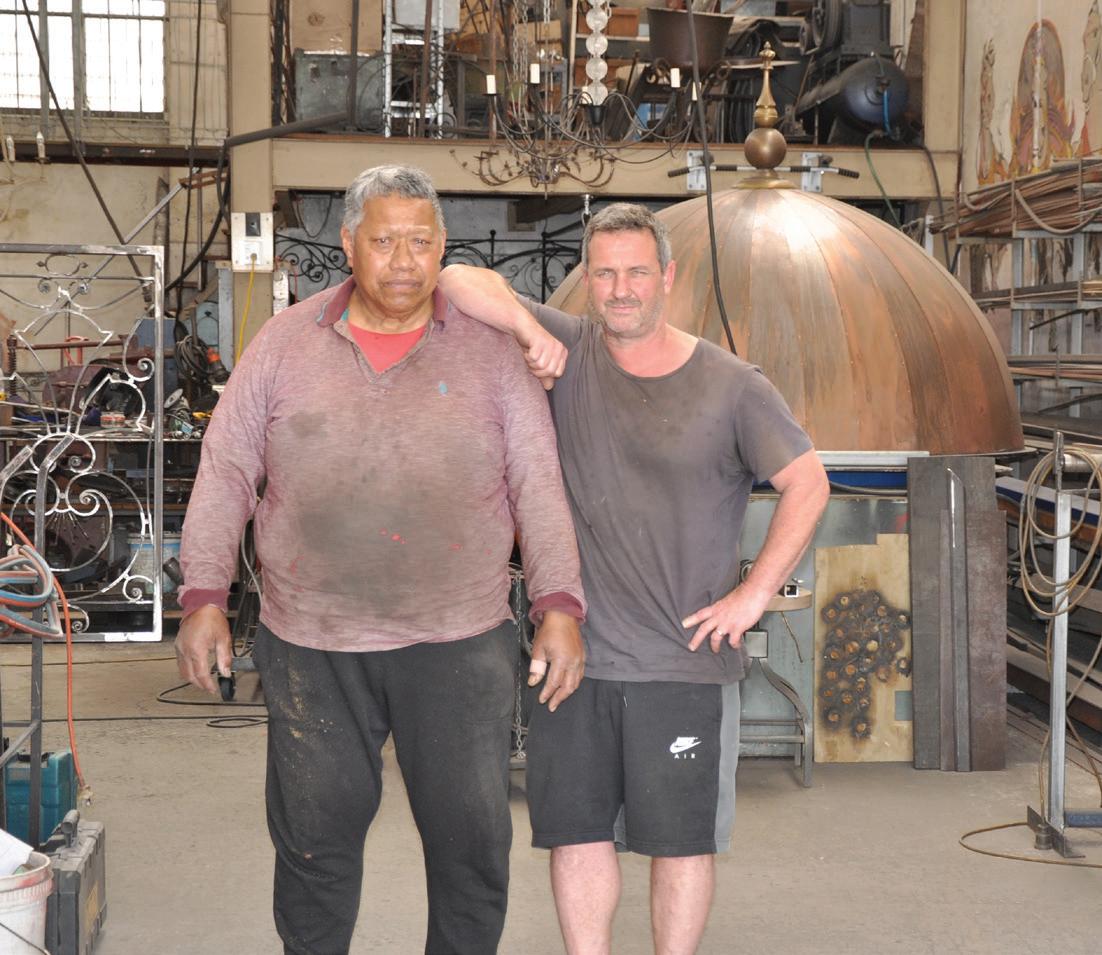
Most of their work comes from referrals by architects, interior designers, landscapers and home owners. Their distinctive pieces can be seen throughout New Zealand, including Huka Lodge in Taupo, Millbrook Resort in Arrowtown, Stonyridge and Mudbrick vineyards on Waiheke and at Eichhardt’s Hotel in Queenstown, to name just a few. “They like the work so much they continue to come back,” says Ian. “We’re pretty busy.”
Their main line of work includes gates and fences, internal and external balustrades, light fittings and chandeliers, and pots, fire pits and pool fences, but Julie points out that they’re very versatile and take anything on. “You could literally knock on the door with an idea and we can fabricate exactly what you want. You never know what the next job is going to be because Wrought Iron Specialists can pretty much do anything.”
While nearly every business nowadays is finding it hard to find staff, Wrought Iron Specialists is faced with the added problem of trying to find someone who has a skill, such as fabricating and welding, but who’s also willing to learn other skills and get stuck in. Ian is realistic. “You’re never going to find someone coming out of college or university who’s a blacksmith. It’s such an ancient skill,” he says.
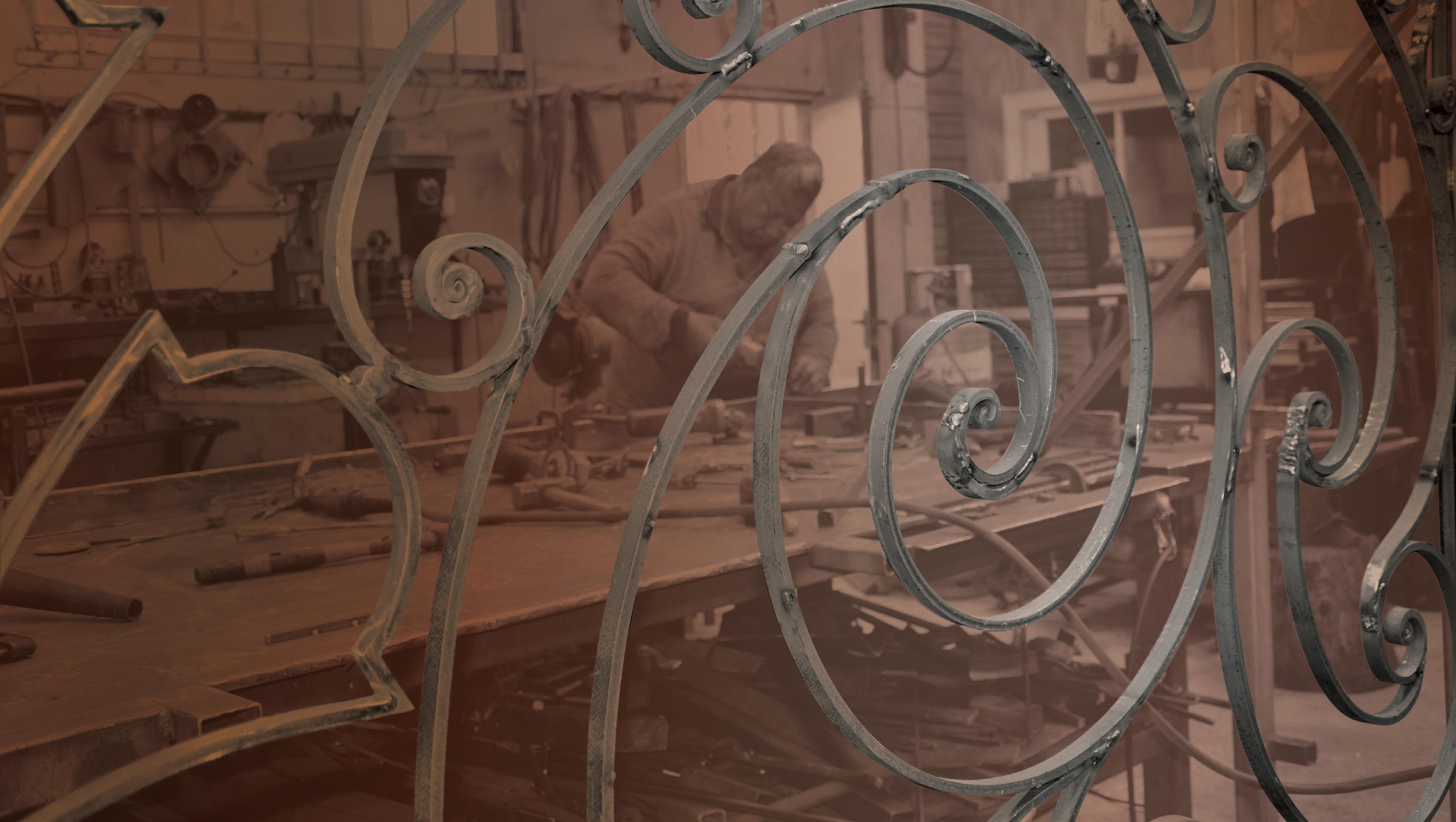
Wrought Iron Specialists is looking for someone to be part their small team. If you, or someone you know is interested, contact Ian by email at enquiries@wroughtironspecialists.co.nz or on 021 670 748.
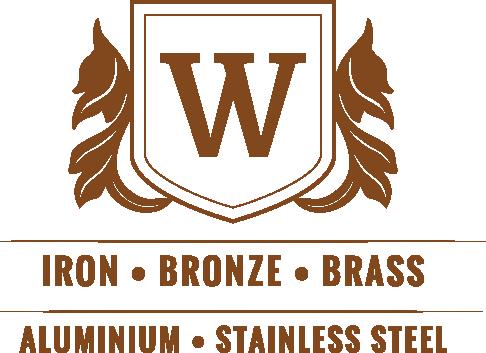
Small or large, flexible options.
At Highbrook, enjoy the amenities at your door step – conference centre, gym, childcare, cafés and restaurants.
Looking for large economical space, choose Mt Wellington – Penrose. With access to key arterial routes and public transport, choose a location that is easily accessible for all your staff.

Robyn Barfoot. 021 428 446
Robyn.Barfoot@goodman.com
Thomas Papesch. 021 033 4267
Thomas Papesch@goodman.com
Robyn Barfoot. 021 428 446
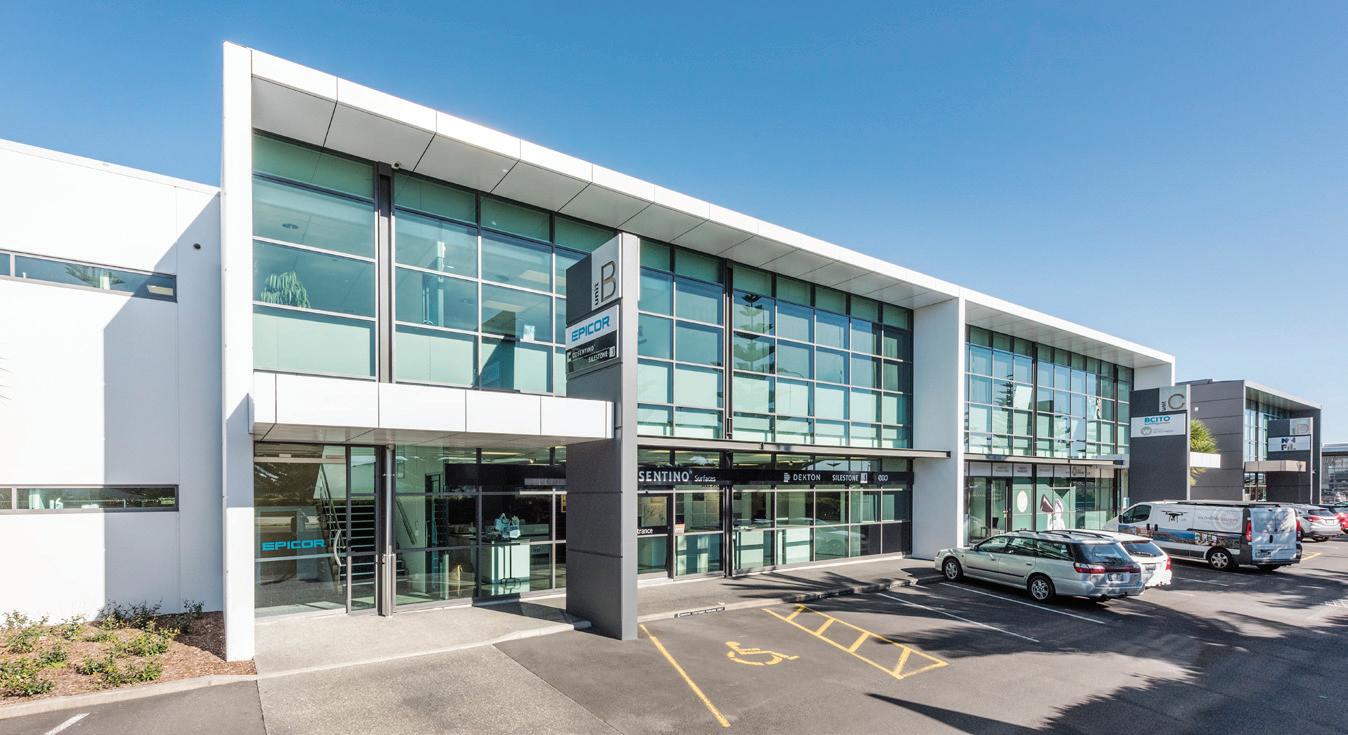
Robyn.Barfoot@goodman.com
Thomas Papesch. 021 033 4267
Thomas Papesch@goodman.com
Samir Patel. 09 265 1133 samir@johnsoncorner.nz
Tim Fitzsimmons. 021 776 552
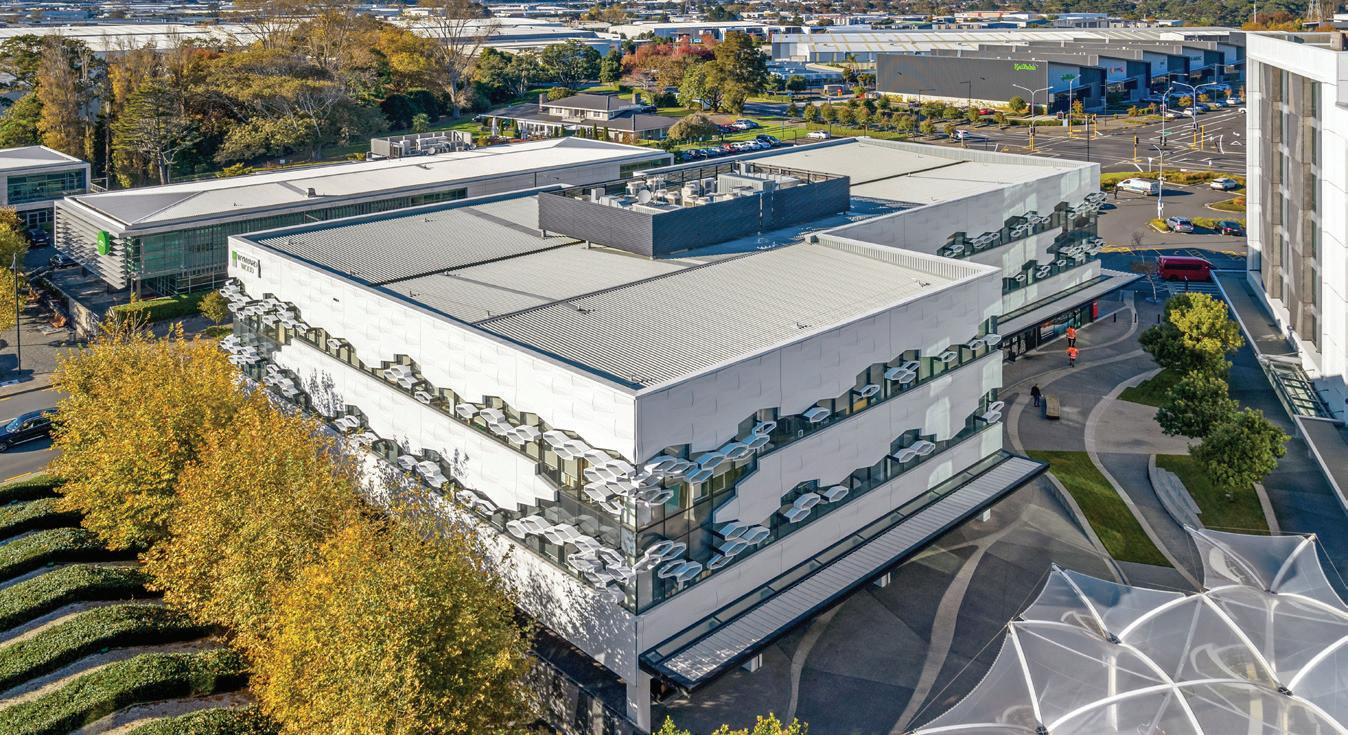
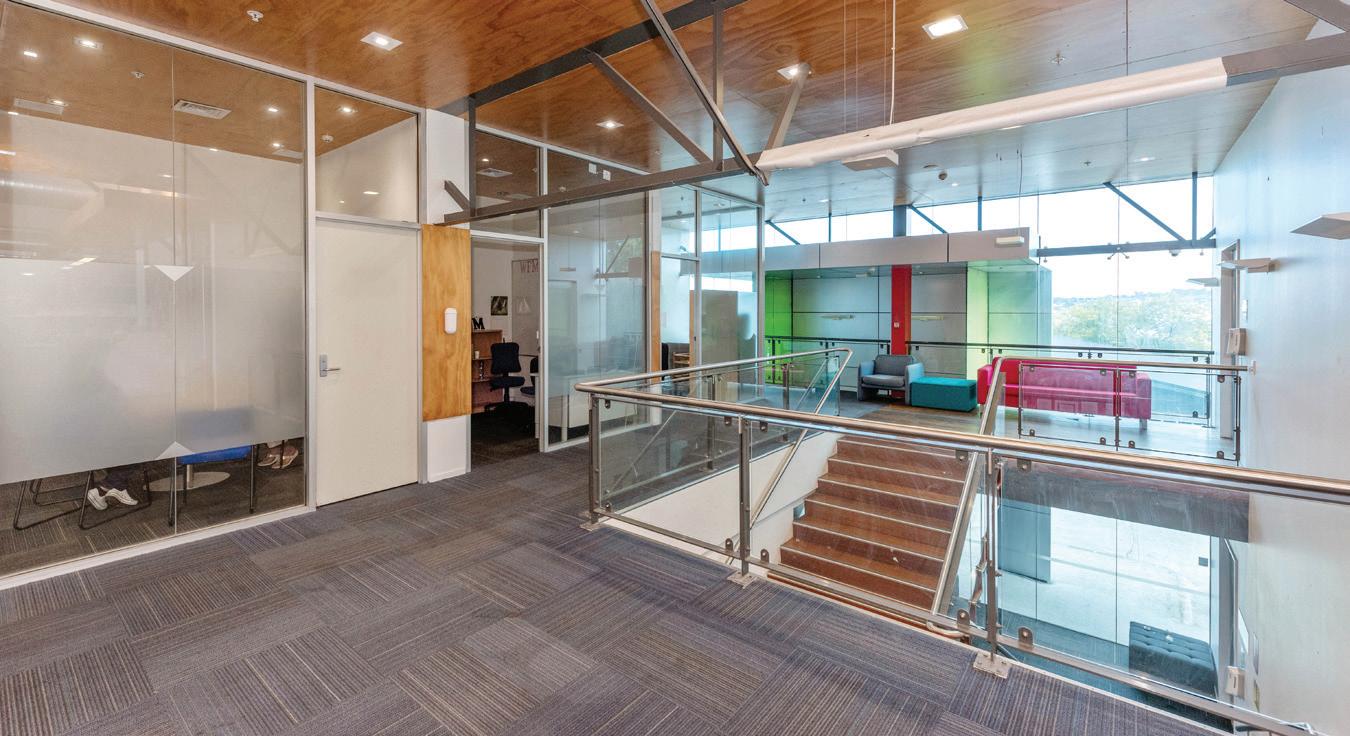
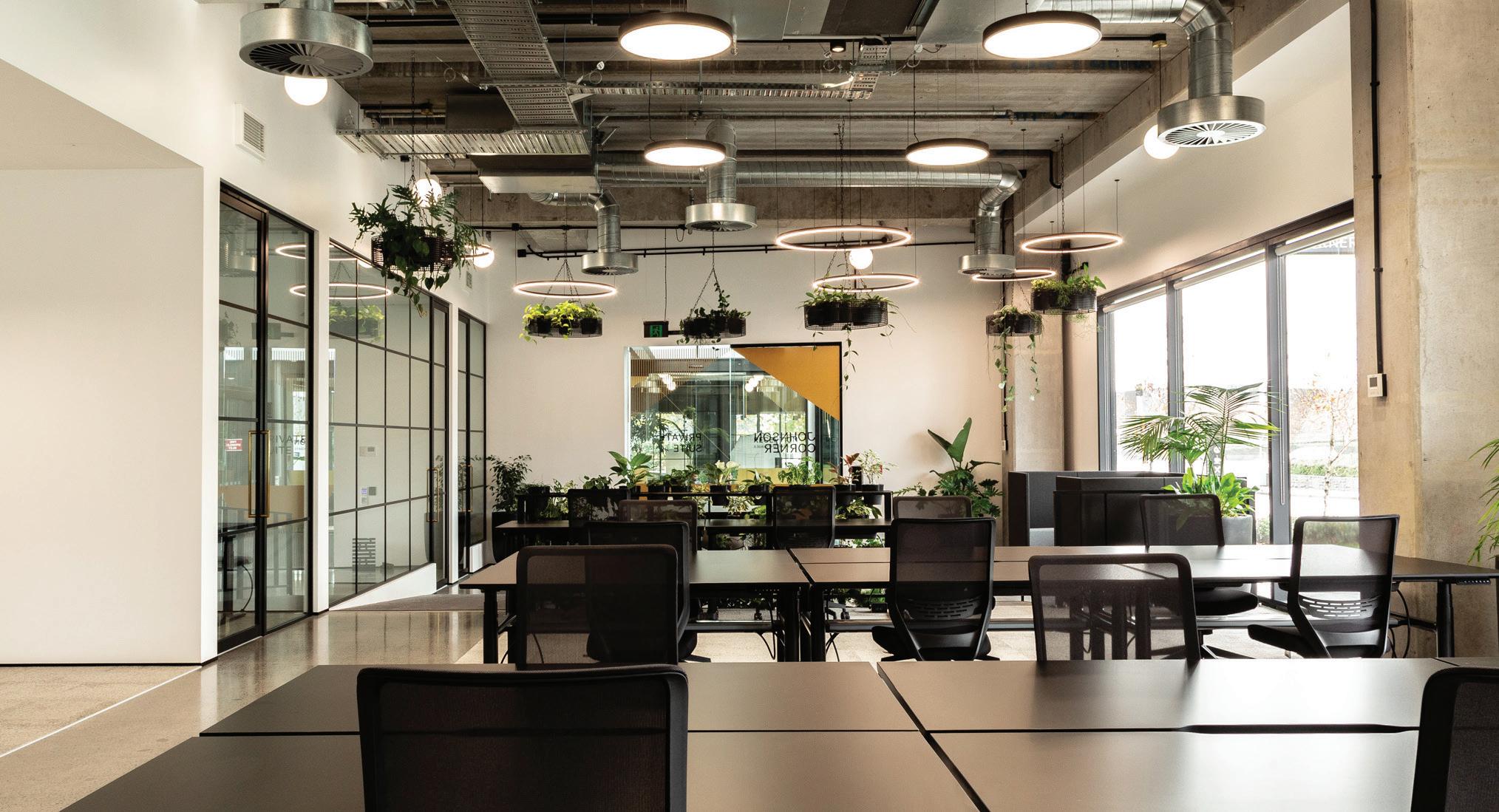
Tim.Fitzsimmons@goodman.com
Luke Schuler. 021 0241 6887
Employer and employee expectations and experiences have shifted significantly post-Covid. The success in the future of the workplace hinges on the ability to dynamically shift and to embrace changes to benefit employee experience and effectiveness, and in turn benefit employers’ business success.
What are some of the changes related to hybrid working and how do they impact you as an employer?
• Flexibility in considering how this might work for your business to maximise culture connectedness, performance and benefits - the wellbeing of employees is a challenge for many, as they look forward to the future.
• Diversity, equity and inclusion (DEI) outcomes may be impacted by the hybrid model, so ensure engagement with employees at an individual level to understand their needs.

• Address any inequities that may arise.
Investing in well-being and ensuring that the steps you are taking are visible, easily accessible and meaningful to your organisation; This has been at the forefront in the last two years. Evaluating people’s experiences has been on the increase with particular focus on creating a psychologically safe workplace for open feedback, both anonymously and in person.
What are some of the changes related to hybrid working and how do they impact you as an employee?
It’s important that you are clear about the options you have for hybrid working. Weigh up the pros and cons about what option would work best for you.
• Pay attention to what is working well with working from home and work, let your leaders know, and what could make it even better.
• Have ‘agenda-free’ moments in the day, take breaks, have a separate work-space and get outside and enjoy some exercise.
• Focus on the hours you are working at home, and be alert to the blurring of the time you are working and your ‘home’ time. Are you taking regular breaks in your day, or do you just run from meeting to meeting? If you start checking emails at night, ask yourself the question: is this effective for me? Am I able to turn off from work, or am I noticing my stress creeping up?
• Think about a key person who you would approach if the hybrid model starts to become challenging. Let them know as soon as you start to notice any problems arising. Be brave to speak up.
The Psychology Group is a team of highly skilled Psychologists and clinicians working from Highbrook Medical, Pukekohe and Howick. We have worked alongside many to create meaningful change in the workplace through the pandemic.

Our wider team at Highbrook Medical provides dynamic and easily accessible support to meet both your physical and psychological needs.
We are excited to launch in 2023 our new corporate wellbeing programme, with the focus on building mental bench strength - weaving through the year monthly webinars, quarterly face-to-face tailored coaching sessions for the team, and 1:1 opportunities for support for management and employees.
Please contact us if you would like more information www.tpgroup.co.nz.
Dr Kirsten Davis is the co-founding Director, CEO of The Psychology Group. She has two decades of experience as a Clinical Psychologist, consultant and trainer in mental health and wellbeing across care and protection, schools, private and corporate settings and community mental health.
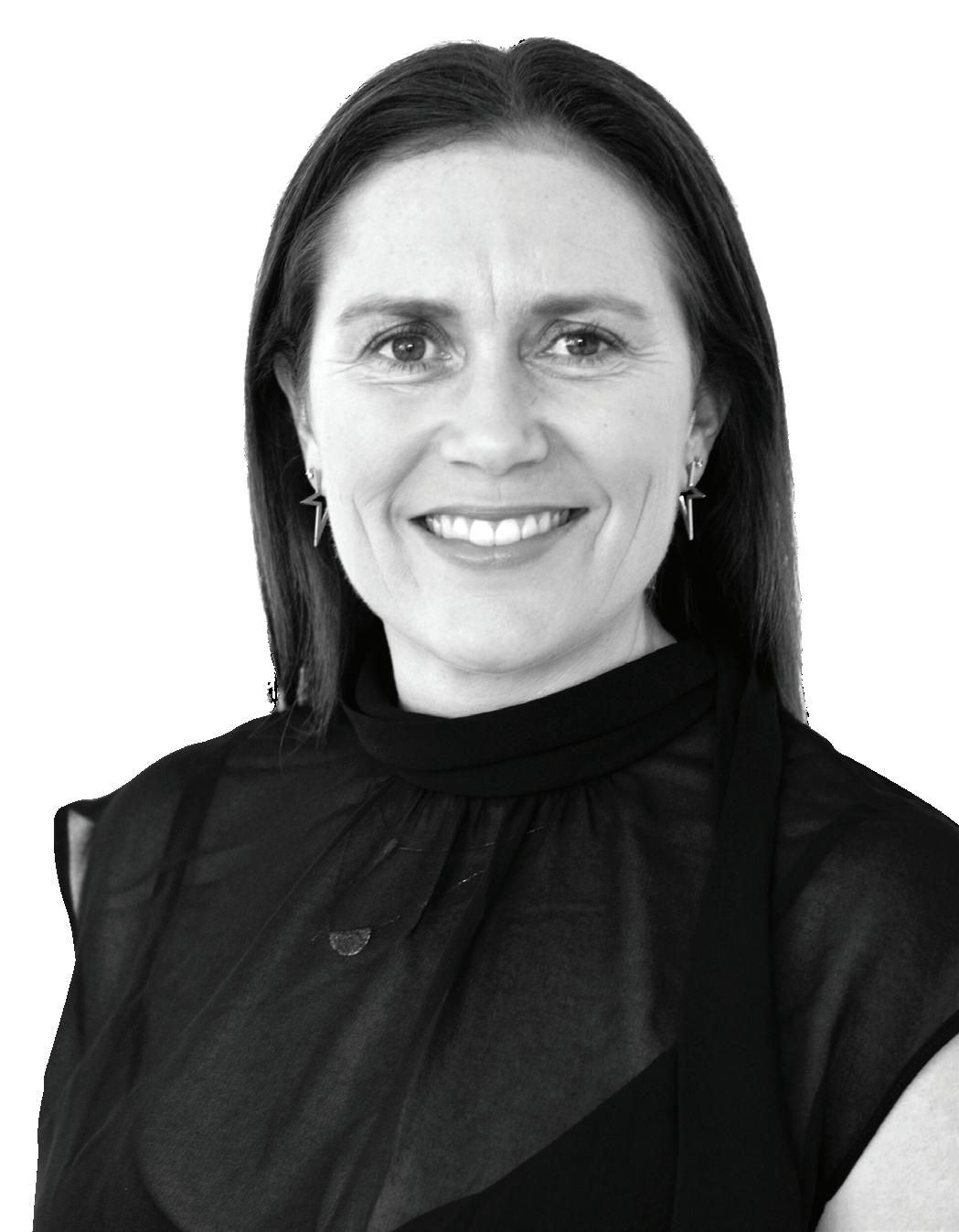
The Psychology Group is a group psychological practice, grown from a vision to bring together an expert team of highly qualified professionals who are passionately dedicated to delivering accessible evidence-based therapies and training to individuals, whānau and professional organisations. The Psychology Group are located in Howick, Highbrook and Pukekohe and provide both online and face-to-face therapy.

Attractive benefits offer companies and organisations an edge when hiring and retaining staff at a time when staff shortages are beginning to bite many kiwi businesses. Wynyard Wood is excited to offer employers our new Employee Benefit Will Funding Scheme. Contact Wynyard Wood today for details. wynyardwood.co.nz/funding-wills
Dr Kirsten Davis Clinical Psychologist – DCLINPSY, MA(HONS), MNZPSSBe willing to listen! Be dynamic in enhancing company culture.
" "
The Government passed its Fair Pay Agreements (FPA) legislation in October - one of the most significant recent changes to New Zealand’s employment relations system.
The EMA has already been contacted by employers, with unions claiming they are starting an FPA and want access to workforces, despite the Bill not passing formally into law until December 1st, and there being no claim process confirmed.
• The Bill is not law until December 1st - you don’t have to engage if you don’t want to, or are not ready.
• Even if the union has the required 1,000 signatures to instigate the process of a claim, there is no Fair Pay claim until approved by MBIE – again you don’t have to engage until that happens.
The key message is that you have time to decide how you want to engage and to sort out your bargaining agent, such as the EMA and the other regional network partners.
Hospitality and retail sectors seem likely to be among the first claims, with security guards and cleaning services also high on the Government’s agenda.
The EMA is available to assist/advise members and they’re currently developing a guide on how these agreements will run. They’ll also have legal and consulting teams available to negotiate FPAs when that process begins. They’re planning a series of seminars and webinars on how FPAs work, and your obligations as an employer.
Along with the BusinessNZ Network, the EMA continues to advocate for scrapping the legislation, because it’s not compliant with the International Labour Organisation’s Convention 98, which requires collective bargaining to be voluntary and to respect the autonomy of parties.

To see FAQs about Free Payment Agreements, go to: emalive.co.nz/emails/ attachments/advocacy/ 221028-CommonQuestions-on-FPAs.pdf
Or, call their AdviceLine on 0800 300 362 with any queries.
CommonquestionsonFPAsWhatareFairPayAgreements?
AnFPAwillsetpayandconditionsincludingwagesandovertimerates,hoursofwork,leaveand trainingentitlementsandwillbeinforcefor3to5years.Theyarecompulsory,collective
WhowillbeallowedtobargainforanFPA?
agreementsthatcovereveryonein an entireindustryoroccupation. Who caninitiatean FPA, and how? perOnlyaunioncaninitiateanFPAeitherthroughgatheringsignaturesfrom1,000employeesor10 centofemployeesinanindustryoroccupation,whicheverislower.Thepublicinteresttestis“lowpaid”,littlebargainingpower,lackofpayprogressionsorinadequate pay(takingintoaccountfactorssuchascontractualuncertaintyorlongorunsocialworkinghours).
Registeredunionswillrepresent allcoveredemployees(andeventuallyworkers)Employerorganisation(s)willrepresent allcoveredemployers.
OneormoreemployerorganisationsmaybepartiestothebargainingforanFPA.Individual businesses cannot bepartiestoanFPA.
Ifanemployer’sorganisationdeclines,theERAwillfixthetermsoftheFPAwithoutinputfrom employers.
HowwillIknowifmybusinesswillbecoveredbyanFPA?
OnceaunioninitiatesanFPA,itmustuseits“bestendeavours”tonotifytheunionsandemployers NonthatwillbecoveredbytheFPA. union members are also covered. Employerscannotoptout;theagreementsarecompulsoryforallemployersinthesector. Howcanourorganisationhaveavoiceatthebargainingtable?
IfmybusinessiscoveredbyanFPA,whatdoIneedtodo?
Thevastmajorityofemployerswillnothaveadirectvoiceatthebargainingtablebutwillbe coveredbyindustryassociations.
joinYoumustprovideemployeeswithinformationabouttheFPAincludinghowtocontactand theunionifaskedbytheunion. Providecontactdetailsofyourcoveredemployeestotheunionunlessemployees’object • toTheemployerbargainingsidemustuseitsbestendeavourstorepresentallemployersand requirementactingoodfaith.Bestendeavoursarenotdefinedbutwillalmostcertainlyincludea toinformallaffectedemployers,especially Māoriemployers.
EmployersandManufacturersAssociation(Northern)Inc. 145KhyberPassRoad,Grafton,Auckland1023 PrivateBag92066,VictoriaStreetWest,Auckland1142,NewZealand
Over the next 30 years, New Zealand will change a great deal. These changes will bring new challenges and opportunities to local governance.
The Review into the Future for Local Government is an opportunity to create a new system of local governance and democracy that will not only respond to a changing New Zealand but create conditions for communities to thrive.
A draft report, He mata whāriki, he matawhanui, has been released for consultation, which outlines the need for a local governance system that’s community-focused and citizen-centred, based on strong relationships and partnerships.
Further discussion is needed and submissions are invited to shape a final report and recommendations.
Businesses across New Zealand play a huge role in creating thriving and healthy communities, protecting the livelihoods of employees and enabling both economic and social growth. Reflecting this, a Business Reference Group (BRG) has been established with five business leaders providing insight and advice about the relationship between business and local government.
Members of BRG represent New Zealand businesses of different sizes, sectors and geographic locations:
• Susan Huria (Ngāi Tahu, Ngāi Tūāhuriri), a partner at Huria Anders Te Ara Tika and a governance and marketing communications specialist.
• Dr Emma Saunders, founder and director of Empathy Design.
• David Kennedy, former chief executive at Ngāi Tahu Property and an experienced company director with significant experience in governance roles.

• Leeann Watson, CEO at the Canterbury Employers’ Chamber of Commerce, the largest business support agency in the South Island.
• Kirk Hope, Chief Executive at BusinessNZ, New Zealand’s largest business advocacy group.
The group suggested a range of changes to local governance that would support business, including a business-focused lens for decision-making. This would improve the relationship between central and local government and allow for more self-compliance and regulation.
How business might look in 2050 and what shifts are needed in
• What business
• Tax, social support, employment relations and collaboration will all need to adapt to a very different-looking future.
• Our definition of community will change. The local community could be in competition with the online community.
• Climate change will drive changes to business and society. Not only a threat, it can be an opportunity.
• Markets will influence business in the future, and different markets require a different approach.
• Changes to society could also drive inequality. The gap may widen between those who have a home office and others who are living in multigenerational homes with many family members.
Government to support it:
looks like depends on what society will look like. Where and how people work, where they live, the changing nature of families, religious beliefs and values, and other factors will impact greatly on the way businesses look and function.(Business Reference Group) Dr Grant Hewison is the director of Grant Hewison and Associates Ltd, a firm specialising in local government and environmental, legal and consultancy services.
East Tāmaki is a popular location for illegal street racing, skids and burnouts. Business East Tāmaki funds the Automatic Number Plate Recognition (ANPR) cameras throughout East Tāmaki and Scott says they’ve been invaluable. “There’s been really successful apprehensions and prosecutions where number plates have been picked up by these cameras. It’s awesome.”
He says the illegal racers have closed social network platforms and scouts that call ahead to say the area is clear. “Prevention is difficult,” he adds. The whole point is to make the area less desirable to them, and the ANPR cameras, overt camera signage and the Community Police Patrols are all effective tools.
With a 68% increase of thefts from commercial vans and utility trucks, tradies are urged to put a unique identifier number on their tools so they can’t be sold. “Watch out for clearly stolen property, stuff that’s really cheap, because you can be held accountable for receiving stolen goods,” says Scott. “Keep your vehicle locked on the building site, as not every person in a high visibility vest is a tradie.”
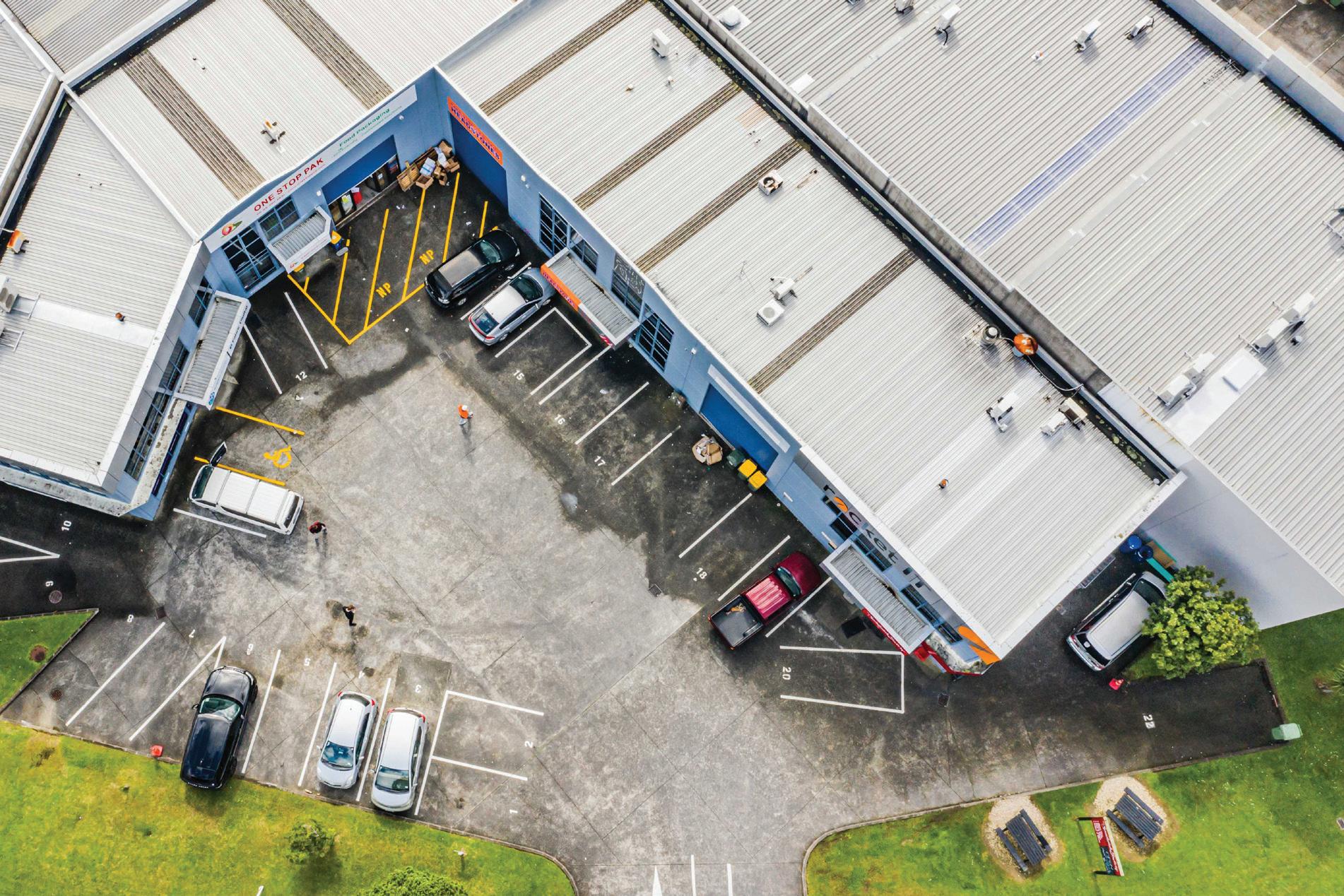
With Christmas coming up, thieves are on the lookout for a quick win. Once you’ve shopped, hide everything away. Anything at all is tempting, even school bags and sports’ boot bags!
Hand bags, wallets, groceries and Christmas shopping bags can be stolen from the front passenger seat after you have got into the car. So please lock doors immediately after getting in your car.

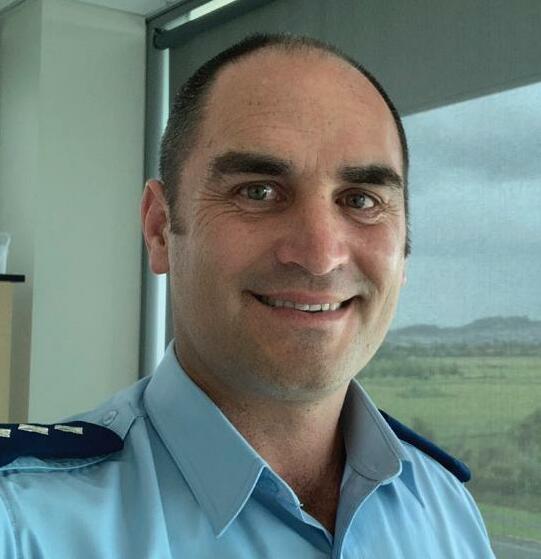

Counties Manukau Police are part of a pilot for Kotahi te Whakaaro, a South Auckland initiative to respond to vehiclerelated offending among young people. Bringing together multiple agencies, it reviews cases of young people involved with Police in the preceding 24 hours. Wraparound support is then provided, designed to prevent escalation into or through the youth justice system.
Once a young person is in the Kotahi te Whakaaro system, all aspects of their lives are supported, including the return to mainstream or alternative education, food parcels, assistance around family and financial difficulties, family harm and safe environments.
Scott says bearing in mind that it’s a pilot, “evidence to this point is that it’s pretty successful”. There’s been an increase in returning back to education. “It’s giving purpose – they’re just bored, they’re out of school, they’re getting up to mischief because there’s nothing there for them.”

With a wealth of policing experience, Rakana Cook has recently joined the team as Area Prevention Manager. He says his life experience has helped him to understand the circumstances many find themselves in.
He says that every young person and family has got their own Youth Aid officer. “So we’re building relationships and connections. And for a large number, we’re starting to see them re-engaged.”

It is the end of the road for open work visas allowing partners to work in any job and for any employer. Employers will have a reduced pool of labour as a result.

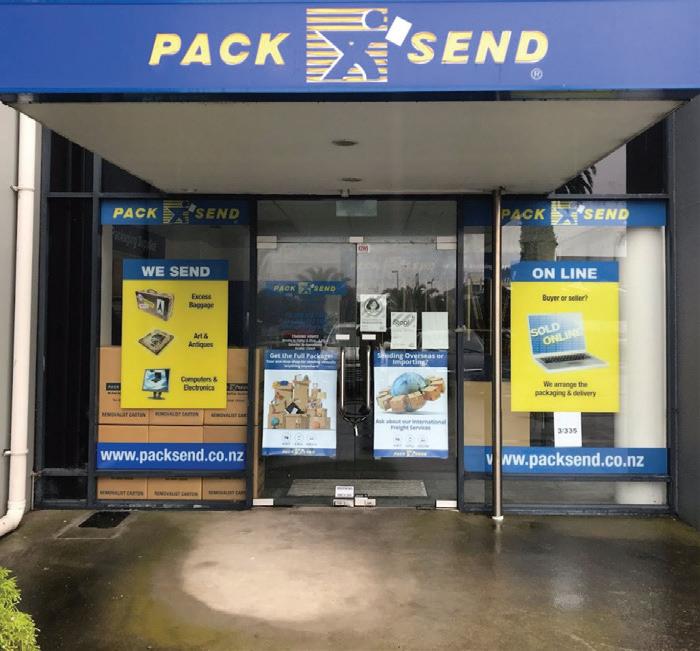
The median wage increases to $29.66 an hour (up from $27.76) for Job Check and Accredited Employer Work Visas (AEWV) applications lodged from 27th February 2023 onwards. Anyone earning less than $29.66 wanting to remain longer in NZ should apply for a new work visa before 27th February 2023, otherwise they may need to leave NZ. Employers wanting to recruit migrant workers in jobs paying less than the new pay rate should take advice now.
In mid-July 2023, the Government is looking at restricting AEWVs to a maximum stay of three years. If this change goes through, it will mean migrant workers who do not qualify for residence will need to leave New Zealand after three years of employment and will not be allowed back in for at least 12 months. This will impact employers who have migrant workers in their business.
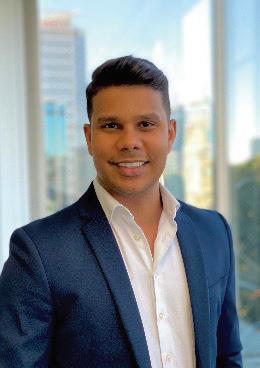
Here at Malcolm Pacific Immigration, we have the largest team of Immigration experts and are focused on ensuring both employers and employees are in the know about upcoming Immigration changes. Contact us to discuss how these changes may affect you and your workforce.

Over the past year, the New Zealand economy has been facing headwinds from high inflation and rising interest rates on its road to recovery, with the ongoing uncertainty over the Ukraine-Russia conflict and global outlook in the backdrop.
Annual CPI inflation for the past three quarters has been staying around 7 percent, largely driven by domestic capacity pressures due to the ongoing supply chain disruptions and labour shortages. Stats NZ’s unemployment rate measure has been staying between 3.2 and 3.3 percent over the past year – reflecting a very tight labour market. The NZIER Quarterly Survey of Business Opinion also shows acute labour shortages across the business sectors surveyed, with the proportion of businesses reporting difficulty in finding both skilled and unskilled labour staying at historical high levels.
Demand in the New Zealand economy has significantly outpaced the constrained supply over the past two years, largely driven by the unprecedented stimulus from policymakers since the outbreak of the Covid-19 outbreak. As annual inflation rises well above the Reserve Bank of New Zealand’s (RBNZ) 1-3 percent inflation target band, like most central banks in the major economies, it has increased interest rates rapidly in an attempt to rein in inflation pressures. At the RBNZ’s meeting in October, its Official Cash Rate (OCR) increased to 3.50 percent and RBNZ indicated further increases are needed to bring inflation down.
The impact of rising interest rates has been most apparent in the housing market, with declines in both sales volumes and prices over the past year and weaker residential construction demand ahead. The dampening effect of higher interest rates on households is becoming more apparent as they roll into much higher fixed mortgage rates, weighing on consumer sentiment to spend and invest. The NZIER Quarterly Survey of Business Opinion shows business confidence in the June quarter was at its weakest level since March 2020, with the services, building and retail sectors feeling more downbeat. In the face of heightened uncertainty and intensified cost pressures, businesses have reduced their intentions to invest in plant, building and machinery. Lending growth to both businesses and households is expected to ease over the coming year as the rising interest rates increase the cost of borrowing. This will further weaken demand in the economy.
Activity in the New Zealand economy remains reasonably resilient. Stats NZ’s latest data points to a quarterly growth of 1.7 percent in GDP in the June quarter, with the services industries being the main contributor. Despite the weaker global economic outlook weighing on global demand for export of goods and services, constraints in the worldwide supply of food commodities still underpin strong demand for New Zealand exports over the coming years.
The latest NZIER Quarterly Survey of Business Opinion shows businesses were feeling less pessimistic in the September 2022 quarter. Demand for firms’ own business has been stabilising at a lower level. Capacity pressures have started to ease, with smaller proportions of businesses reporting capacity as their primary constraint and reporting difficulty in finding skilled and unskilled labour. These developments have flowed through a moderation of inflation pressures, with fewer businesses reporting increased costs and prices over the September quarter. Although the retail sector remains very downbeat due to the dampening effect of higher interest rates on household spending, sentiment in the services and building sectors has improved. Services activity has picked up as the international borders reopened and COVID-19 infections declined. While the weakening residential construction demand has increasingly become a constraint for building sector firms, labour shortages have become less acute.
There are some early signs that we are starting to see the light at the end of the tunnel. The intended effect of RBNZ’s OCR increases on demand has started to flow through to reduced household spending and increased household savings. RBNZ should raise the OCR at a less rapid pace when this dampening effect on demand becomes even more apparent later next year as fixed-term mortgages get repriced onto higher rates.
Stats NZ’s international travel and migration data for August shows net migration gains of non-New Zealand citizens in the last five months and annual arrivals exceeded 1 million in the year to August 2022. As borders are fully reopened, visitor arrivals and net migration will continue to increase over the coming year. This should support a recovery in the services and retail sectors and easing in New Zealand’s labour shortages as firms can now bring more workers from overseas.
If at any stage you have any further questions that you would like to discuss with us, or would like to find out more about the services we offer at NZIER, please get in touch with our Principal Economist, Christina Leung (christina.leung@nzier.org. nz); or Senior Economist, Ting Huang (ting.huang@nzier.org.nz).
This article was prepared as at 2nd November 2022. It provides commentary on the economic outlook for 2023 drawing on NZIER Quarterly Survey of Business Opinion, NZIER Quarterly Predictions and the latest data from Stats NZ available at the time of writing.
is “operationalising a lot more”, and called on by businesses to work with government agencies to create enabling systems which make it easier for everybody to carry out low carbon, circular and nature-positive activities. “We build sustainability capability in businesses by providing training, advice and resources. We also foster partnerships and connections between organisations in our network to make it easy to have a sustainable supply chain,” says Rachel.
On the 20th anniversary of The Sustainable Business Network (SBN), Rachel Brown ONZM, Founder and CEO, talks about why the focus on sustainability has changed from being barely recognised by business to a mainstream reality.
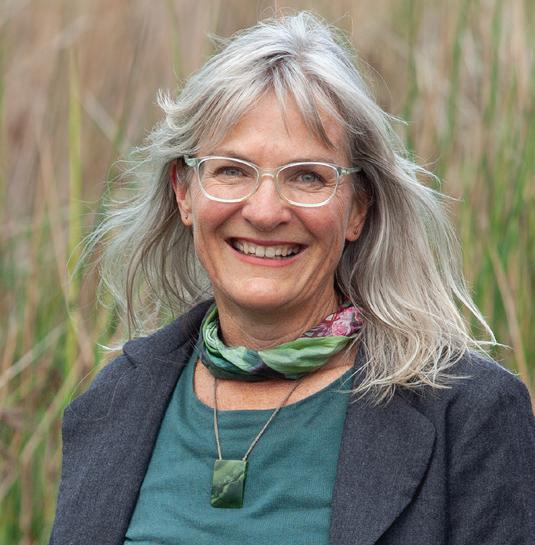
In 2002, along with a small group of like-minded people, Rachel Brown established The Sustainable Business Network, a merger of the Auckland Environmental Business Network and Businesses for Social Responsibility. At that time they had very little money, part-time staff and a cluster of small regional offices around New Zealand. “We were considered to be on the margins of business at best,” says Rachel. Their first major foundation partner was IAG Insurance, which is now one of over 500 large corporations and small-medium businesses that have signed up to the network.
Then, it was more about raising climate awareness and a call to action. Now, as climate change becomes a visible reality in our daily lives, businesses have increasingly realised they have to change their working practices. As a result, SBN
• Things have got worse: “The climate crisis, the biodiversity crisis – growing inequality and global unrest are just a few.”
• They’ve learnt a lot: “We thought the pioneers would change the world by themselves – but we now recognise that they need the conditions or systems to allow them to scale and thrive.”
• Science is now informing global awareness
• Wider adoption of sustainable business practice across different sectors – we now have a variety of free and open resources on the SBN website for any business to use.
• More rules and regulations – The Task Force on Climate-related Financial Disclosures (TCFD). The recent banning of some plastics - and more commitment from agriculture joining the Emissions Trading Scheme.
“I’d love to be able to say – great news, we’ve done it. We’ve solved the climate crisis, bio- diversity is sorted, inequality is a thing of the past. We’ve nailed it,” says Rachel.
“The truth is, those things have gotten worse, but now there’s a real sense of urgency for change. Every sector, even the Agricultural Sector, the Finance Sector and the Reserve Bank are all saying, ‘we’ve got a really
important role to play’. What they don’t yet know is how do we do this to the scale and pace needed. They recognise that the climate is changing really, really fast and the knock-on effect of that is, it isn’t as easy as they thought.
Earlier this year, New Zealand King Salmon announced that it was closing some of its farms because of rising sea temperatures and the fish were dying in large numbers. In an interview with Tess McClure in The Guardian, New Zealand King Salmon chief executive Grant Rosewarne said,
coal mine.”
Rachel Brown says they did some work with the salmon farming industry and what became clear was that “they’re hamstrung by local communities who are sick of the pollution from the farms but changing where they farm is controlled by the rules they operate in.” She explains it’s “quite a process to get permission to grow salmon.
“At the time, King Salmon said we need to do salmon farming out in deeper, colder water, but getting permission has been so difficult. Old salmon farms were consented such a long time ago, but we were in a different environment. And they’ve been trying to get permission to move, getting the consents, but they just couldn’t do it at the pace they needed to. It’s just been a real battle, that ends up affecting the whole sector.”
“Climate change is the biggest issue facing the planet today. Business has a major role to play in transitioning Aotearoa New Zealand to a net zero carbon economy by 2050”. (Sustainable Business Network Annual Report 2022)Rachel Brown ONZM, Founder and CEO for The Sustainable Business Network
“We thought we had more time. Climate change is a slow process but faster than many people think – certain industries are … canaries in the
• Nature Regeneration: We’ve raised more than $11m for nature since we started the Million Metres Streams project in 2014 + more than 1 million metres of streams planted + employed over 100 people - sustainable.org.nz/ start-regenerating-nature/
• Climate Action over 22,000 visitors to the Climate Action Toolbox in its first year - sustainable.org.nz/take-action/ create-a-climate-action-plan/
• Circular Economy Directory –16,000 visits since launch in March 2022 - sustainable.org.nz/ circular-economy-directory/
• Upskilling and connecting with thousands of people - sustainable.org.nz/learn/training/
• Profiled thousands of pioneering businesses through our awards and media - sustainable.org.nz/sustainablebusiness-awards/award-finalists-2022/

Early

What is this? Basically, the same as you put in your Council-collected recycling bins at home. We believe our business district should have the opportunity to recycle the same items as residential areas.
Business East Tāmaki will fund the first 12 collections.

If, at the end of the trial period for these initiatives, you decide to continue with the service, we will put a credit on your account with Green Gorilla.
Keep a lookout in the New Year for our emails with more details of the schemes.


Are you looking forward to your Christmas and New Year break – we know we are and we’re counting down the days! Of course, a chance to relax with a good book is part of a great holiday, and here’s a few pacy tales recommended by Tony Moore from Poppies Howick. These are definitely for holiday reading – and they’re good Christmas gift material too. Start making that list!

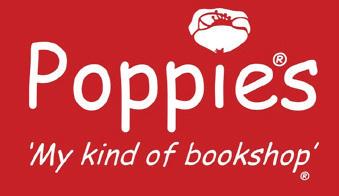

Two Families. One Courtroom Showdown. Two old friends find themselves in a knifeedge legal confrontation in which life itself hangs in the balance. Grisham’s trademark twists and turns will keep you tearing through the pages until the stunning conclusion.
by John Grisham
A young woman whose proximity to power places her in mortal danger. Marriage was her destiny. Now she must survive it. The author of Hamnet brings the world of Renaissance Italy to jewel-bright life in this unforgettable fictional portrait of the captivating young duchess Lucrezia de’ Medici as she makes her way in a troubled court.


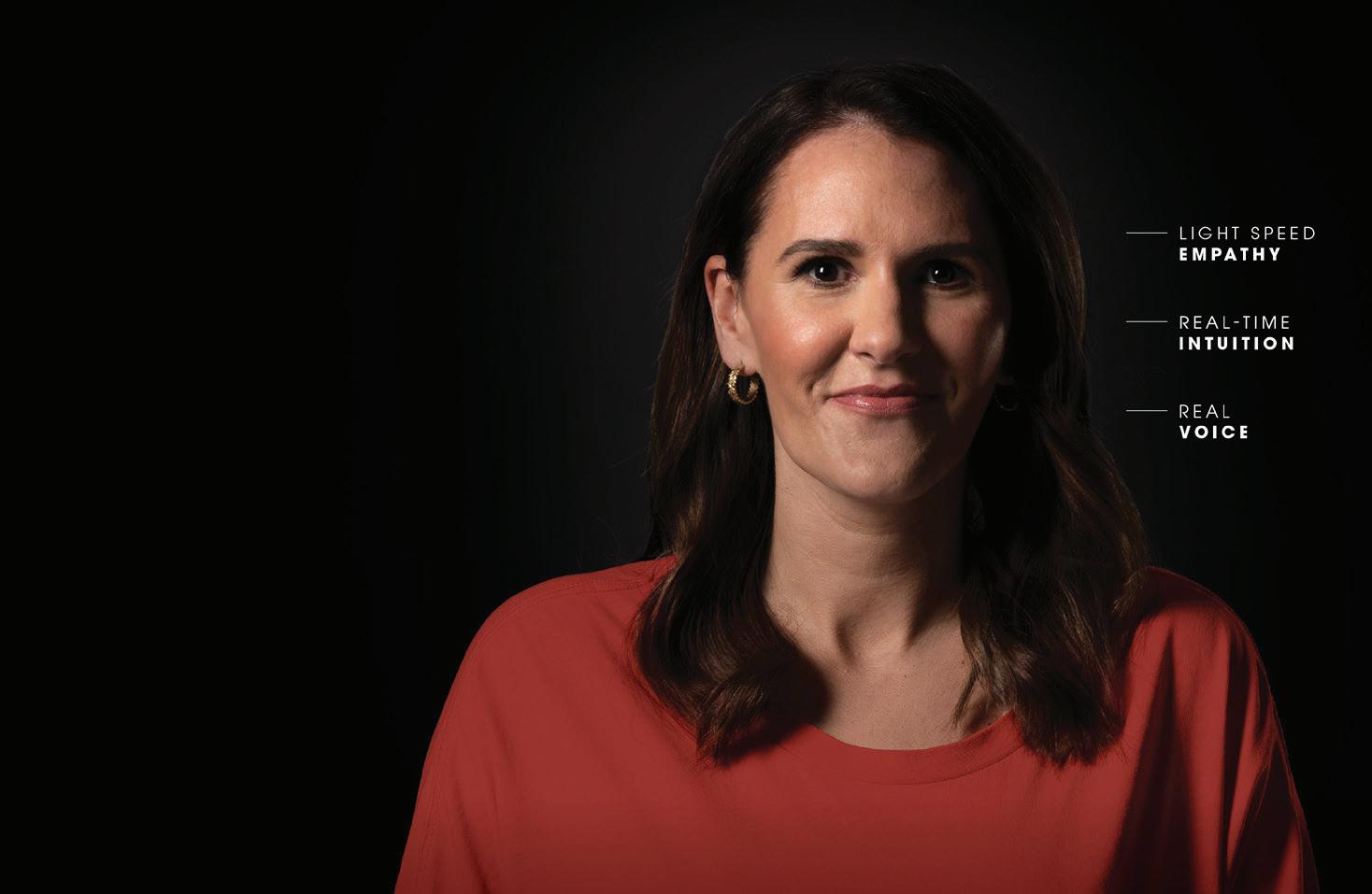 by Maggie O'Farrell
by Maggie O'Farrell
A gripping novel of suspense, a poignant love story, and a moving and powerful exploration of the secrets we keep and the risks we take. Olivia McAfee knows what it feels like to start over. Her picture-perfect life—living in Boston, married to a brilliant cardiothoracic surgeon, raising a beautiful son, Asher—was upended when her husband revealed a darker side.
by Jodi Picoult & Jennifer Finney BoylanIt's another week for the Thursday Murder Club, this time one of their own is in the middle of it. A decade-old cold case leads them to a local news legend and a murder with no body and no answers.
by Richard Osman
Inspector Rebus is back and this time he stands on trial, accused of a crime that could have him sentenced for life. Although it’s not the first time the legendary detective has taken the law into his own hands, it might be the last.
by Ian Rankin• better connections and sustainable travel options for pedestrians, cyclists, motorists, bus and train passengers

• a reliable 40-minute bus and train trip between Botany Town Centre and Britomart (saving 20 minutes)
• 7km of dedicated lanes for rapid bus services between Panmure and Botany
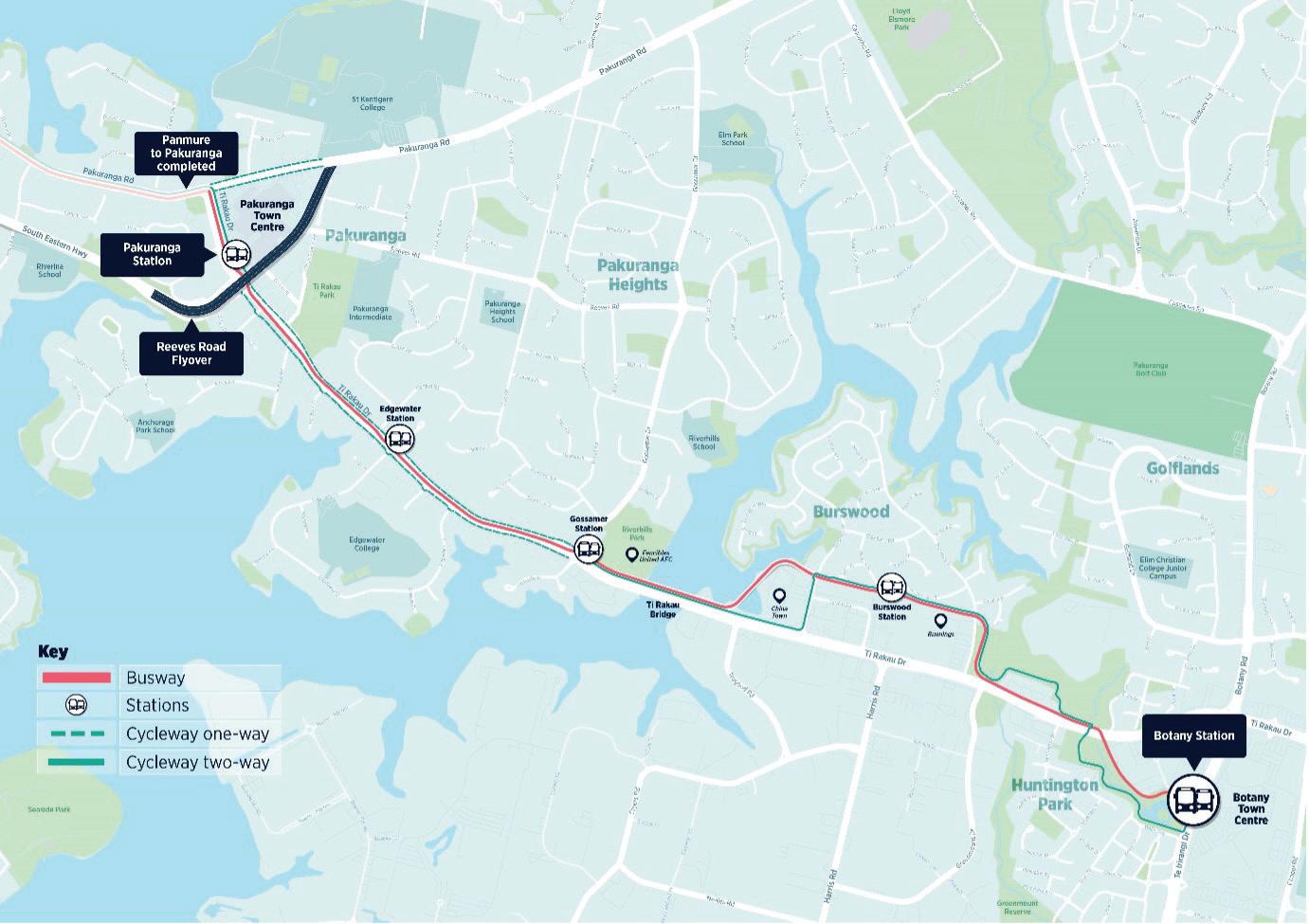
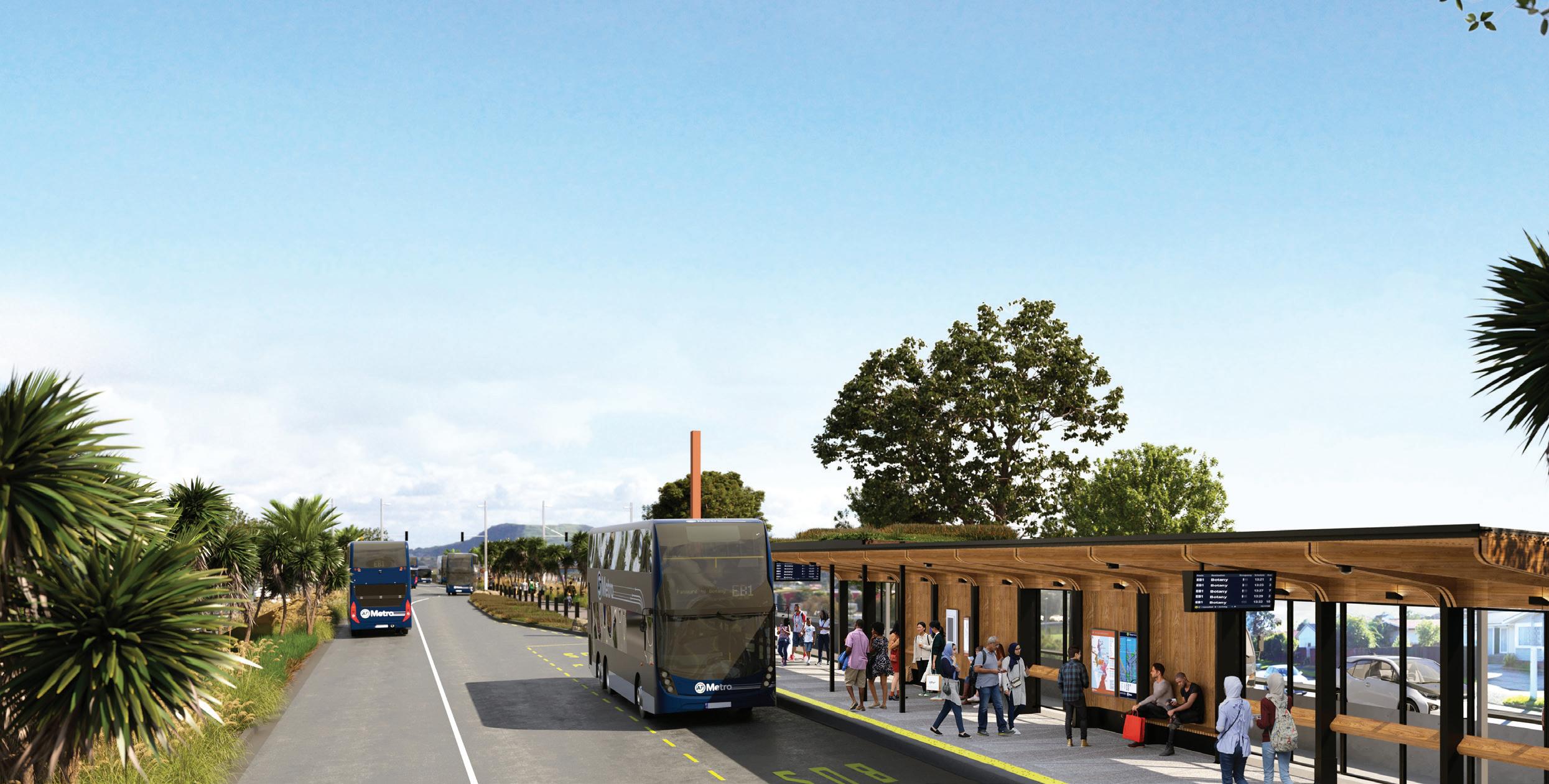
• 12km of separate cycling and walking routes
• Reeves Road Flyover reducing vehicle congestion around Pakuranga Town Centre
• support for the future development of a public transport connection from the Botany Town Centre area to Auckland Airport.
• deconstruction and removal of vacant properties along Ti Rakau Drive between the south eastern arterial and Ti Rakau Drive Bridge, and on William Roberts Road between Pakuranga Road and Reeves Road. Removing these Auckland Council-owned properties will enable the roads to be widened for the construction of two busway lanes and the Reeves Road Flyover
• site investigation work in Burswood to gather information about ground conditions and water, electricity and gas pipes, to inform the design and planning for construction
• in-person meetings and information sessions will be available during November for project neighbours in Burswood who would like to discuss the design, consenting, and construction of the busway and to be updated on next steps. We will let you know when the meeting times have been confirmed and can be booked.
The Project Alliance Agreement for the busway was signed in October, marking the next step towards the project’s completion. The Pakuranga to Botany section of the busway is being delivered by the Eastern Busway Alliance of Auckland Transport, Fletcher Construction. Acciona, AECOM and Jacobs, working in partnership with mana whenua. Staff from each of the five organisations are part of the Eastern Busway Alliance team.
To find out more about the busway construction, check out the project website easternbusway.nz or contact the alliance on info@easternbusway.nz, 0800 287 929. Completion of a big project like the busway creates change and some disruption. The alliance is keen to be good neighbours while the work is in progress, to update you regularly so that you know what to expect, and to help keep everyone safe.
The Eastern Busway is about creating more lifestyle and climate friendly travel options for the growing East Auckland community. When it’s completed the busway will provide:
Speed limits are changing on many of our roads. Our business district is within the Howick Local Board area and changes for East Tāmaki will come into effect on 26th January 2023.

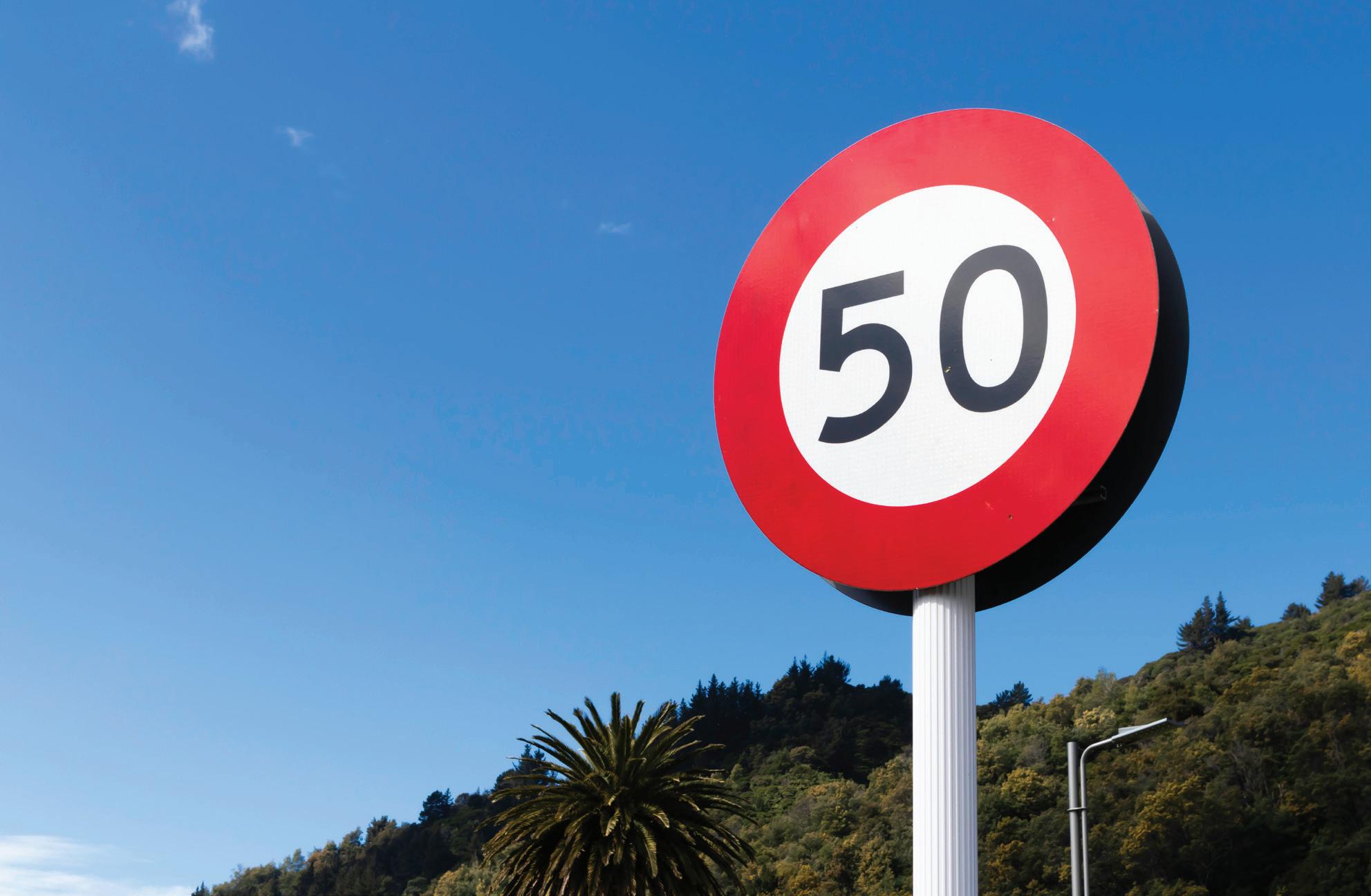
Become familiar with changes in your area and find road by road information at: at.govt.nz/about-us/have-your-say/ proposed-speed-limit-changes-phase-three/ full-list-of-new-speed-limits-phase-three.
More traffic cones and possible delays but it has to be done!
Work has commenced to resolve the safety and congestion issues at this intersection and the duration of the work is expected to be around 14 weeks. The contractors are providing Business East Tāmaki with weekly updates and future work forecasts which will help businesses and employees to minimise disruption to travel plans.
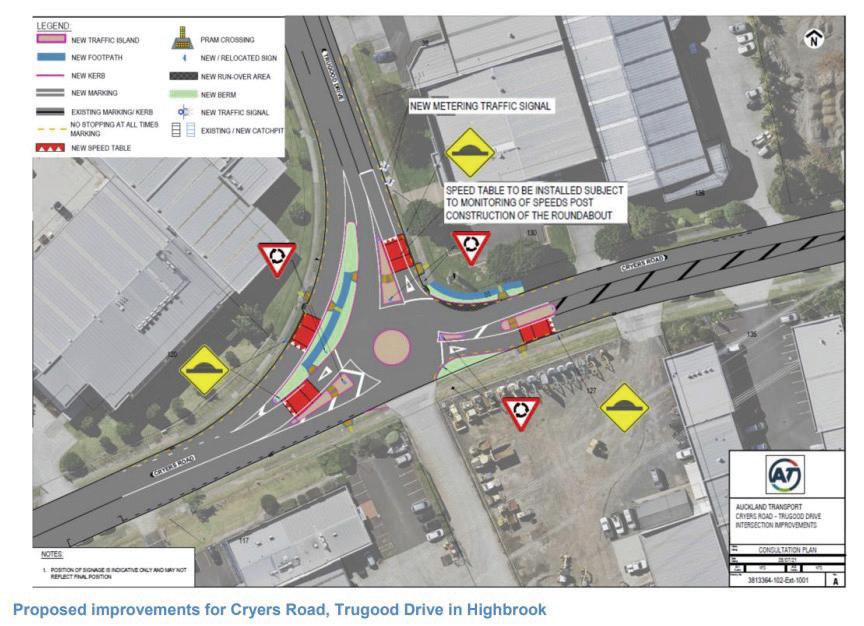
Association) is here to make it easier to do business; working alongside business leaders and property owners in the region on security, advocacy, development and growth.

